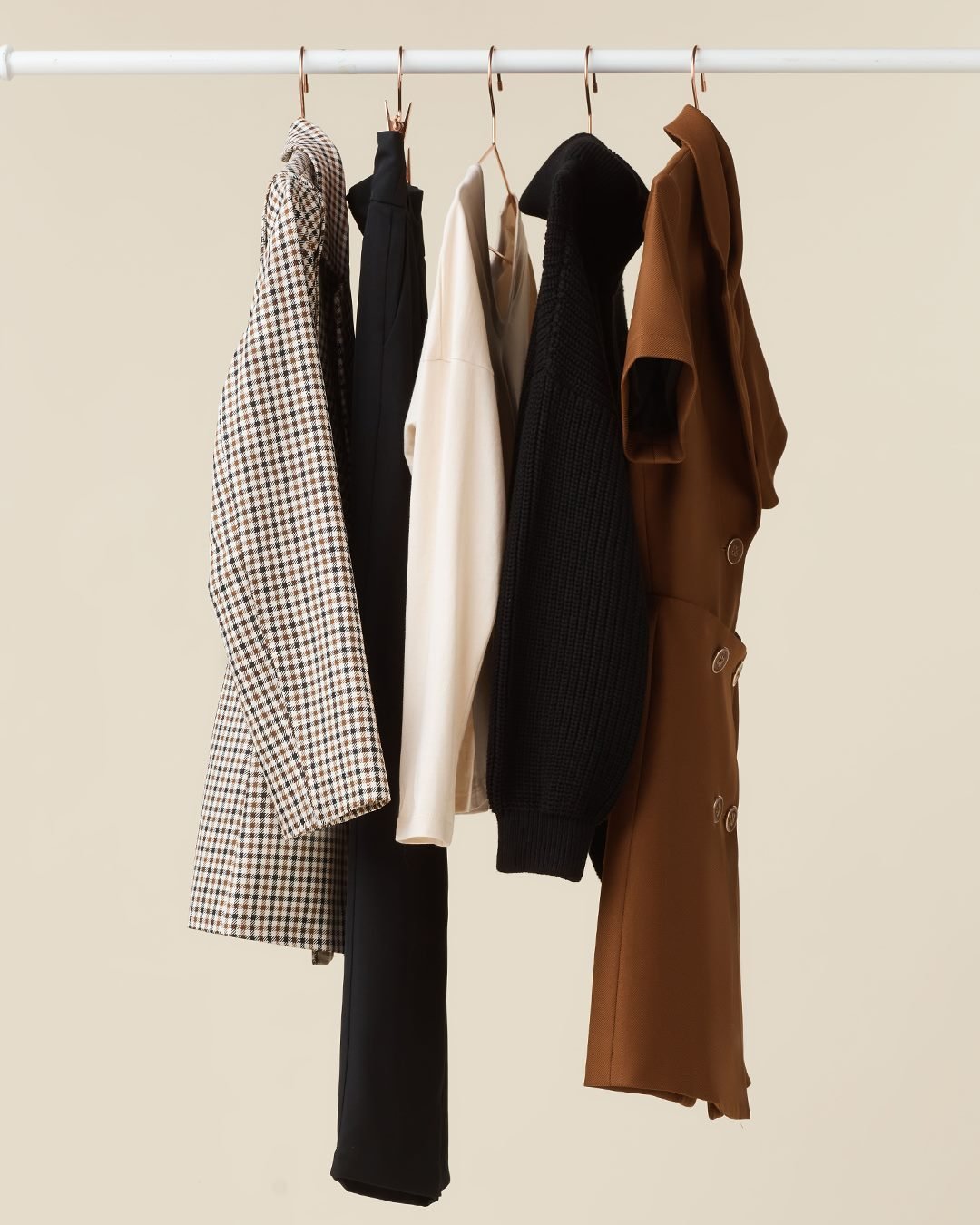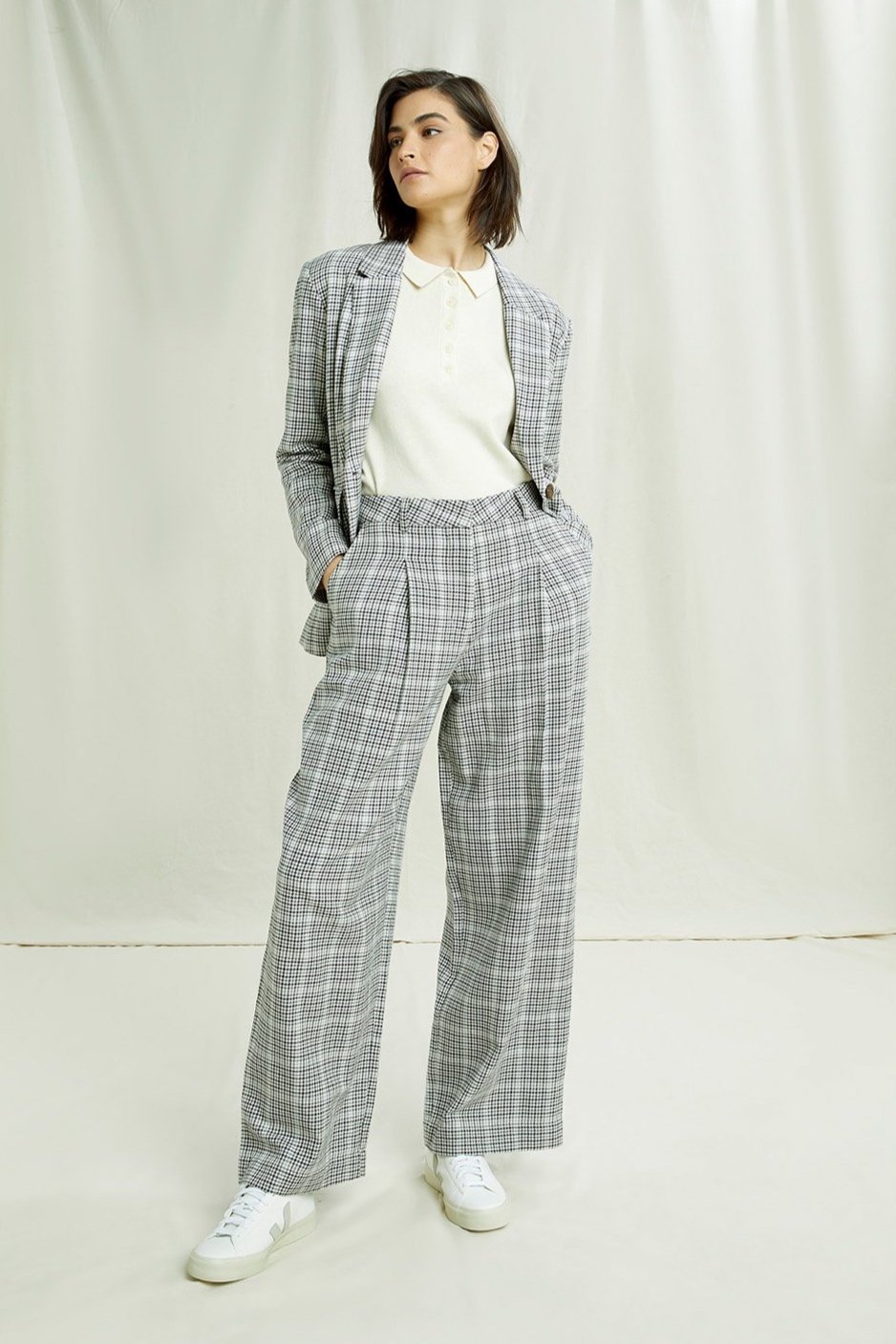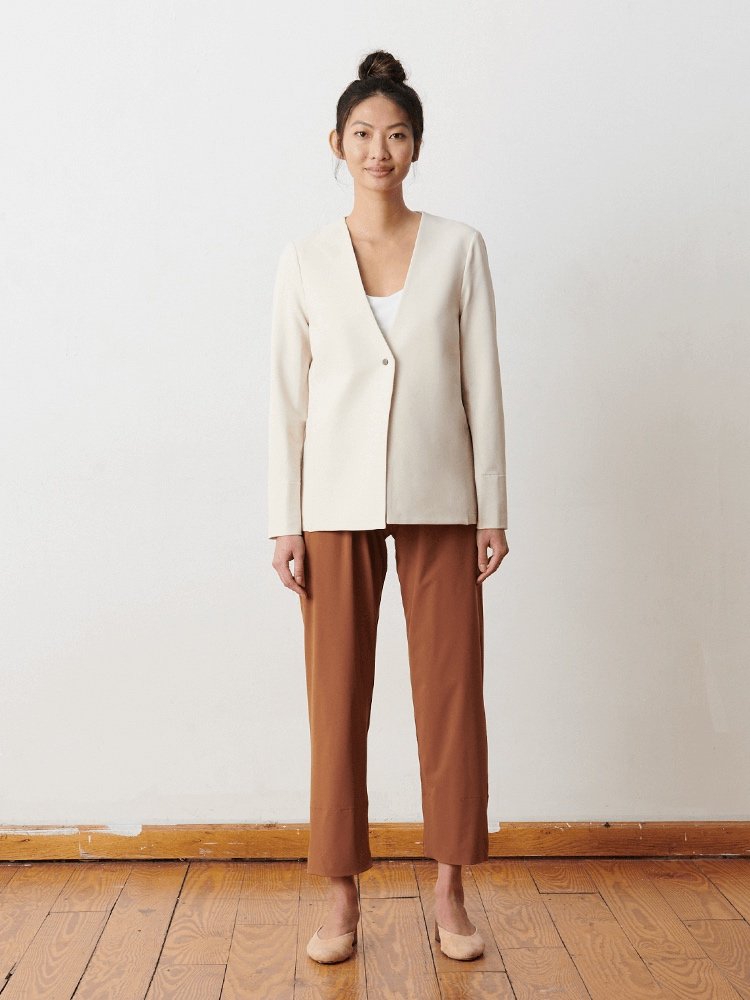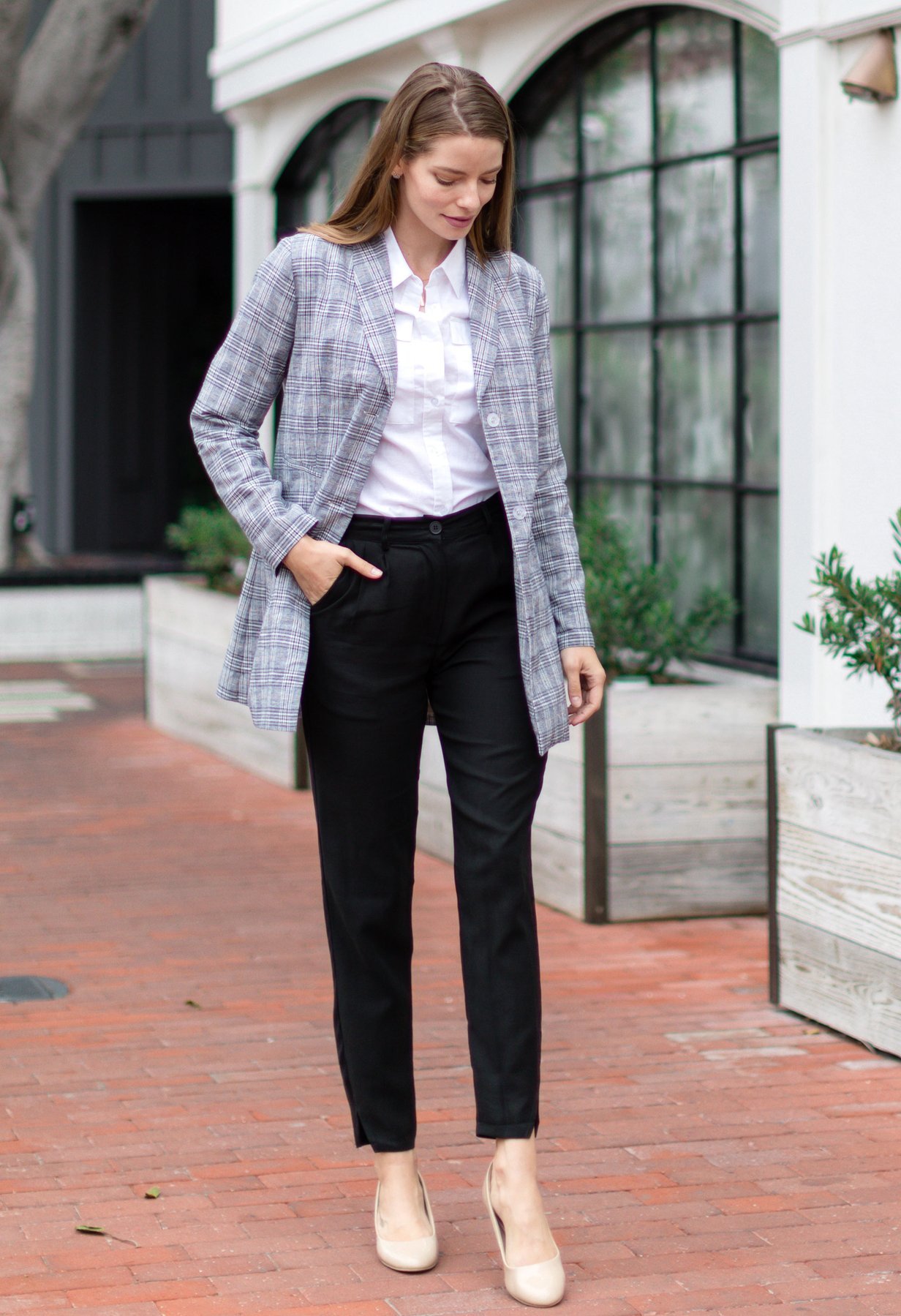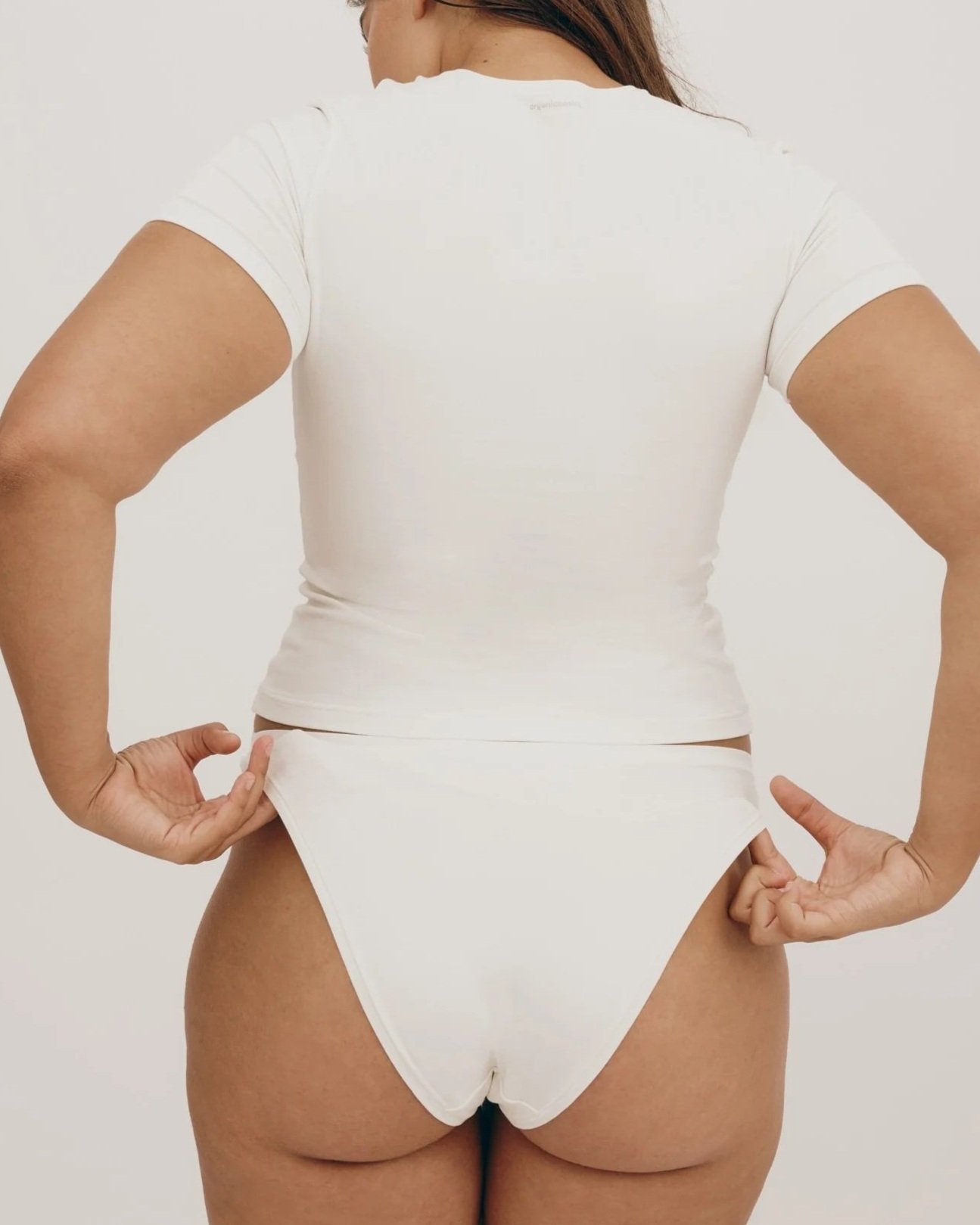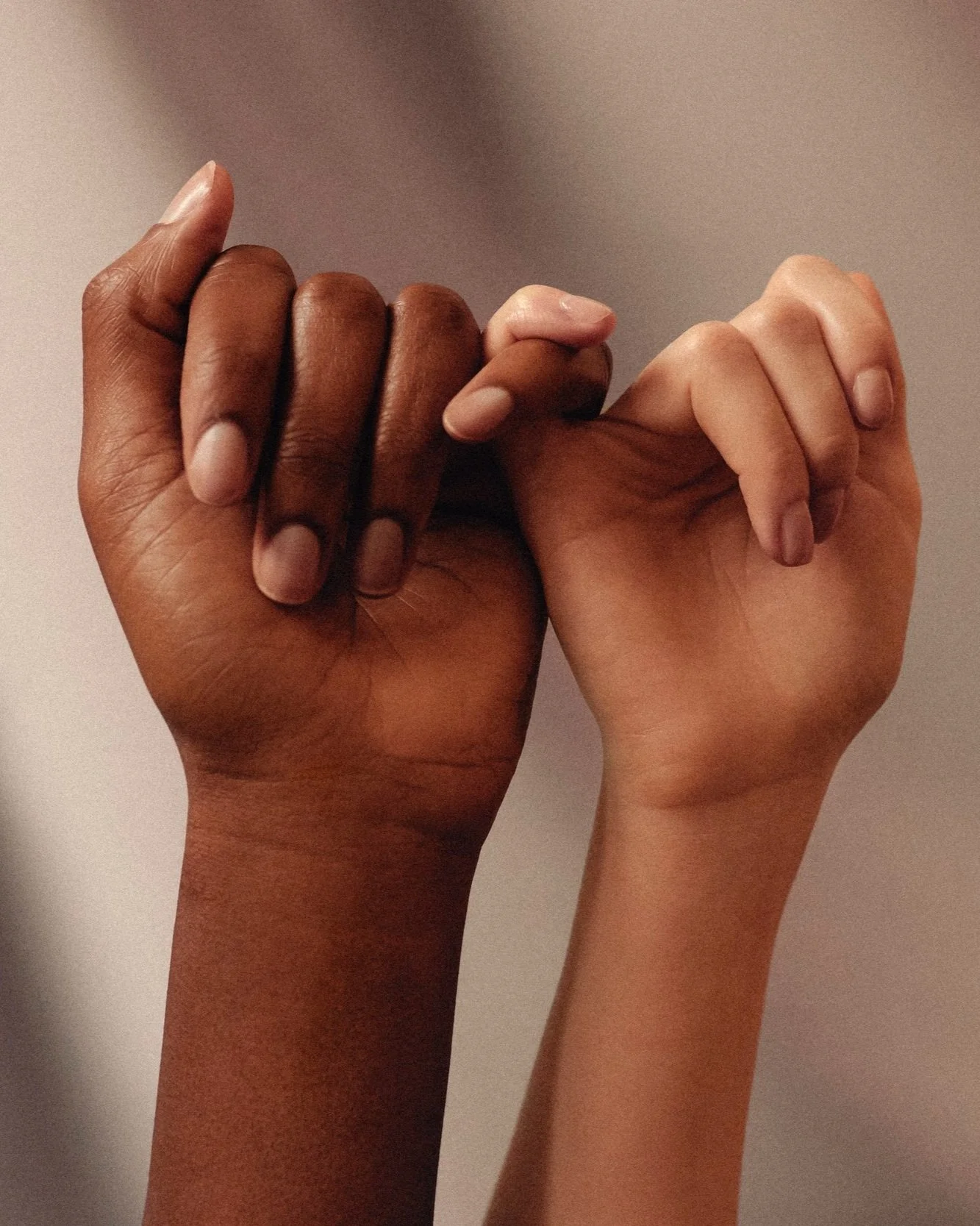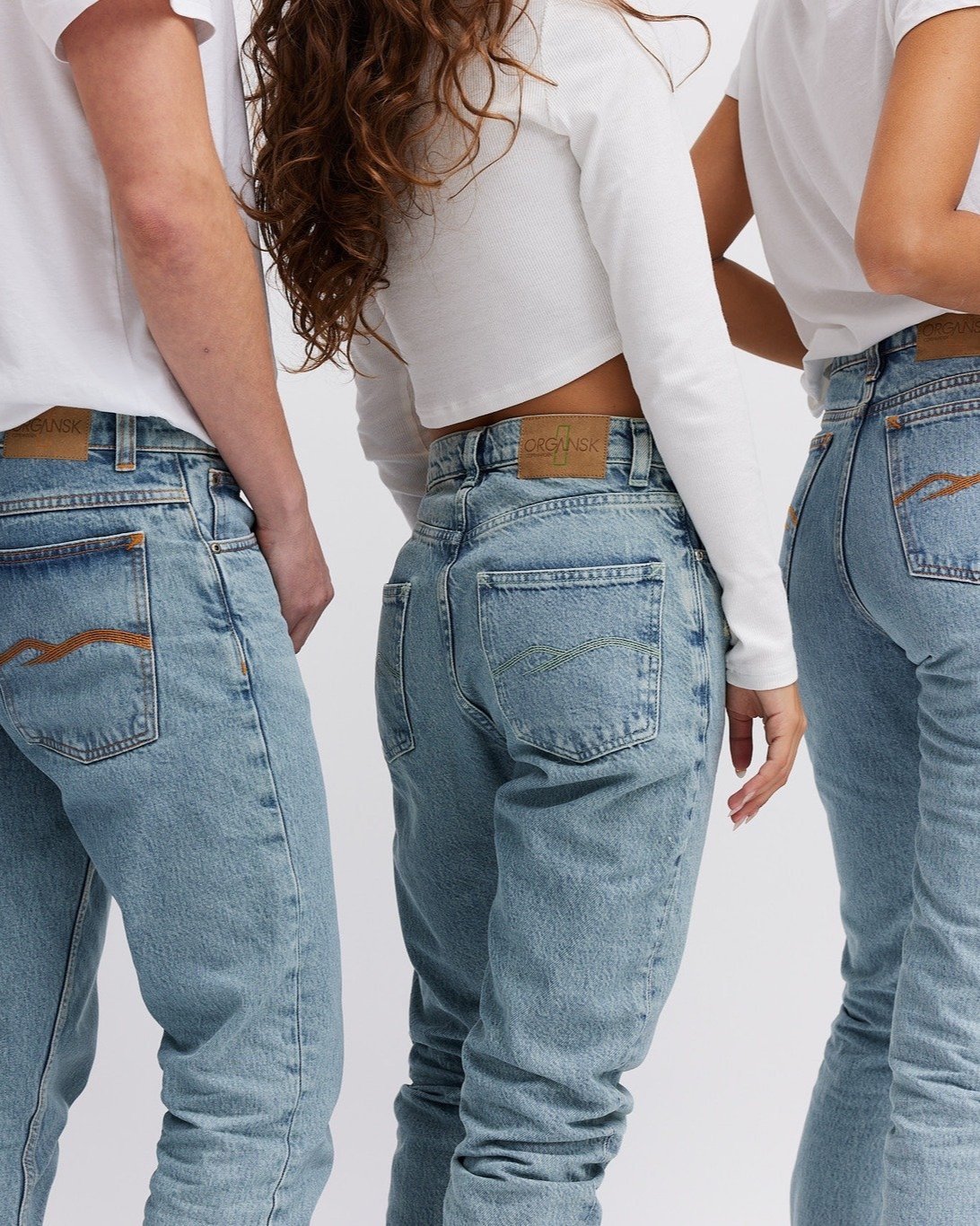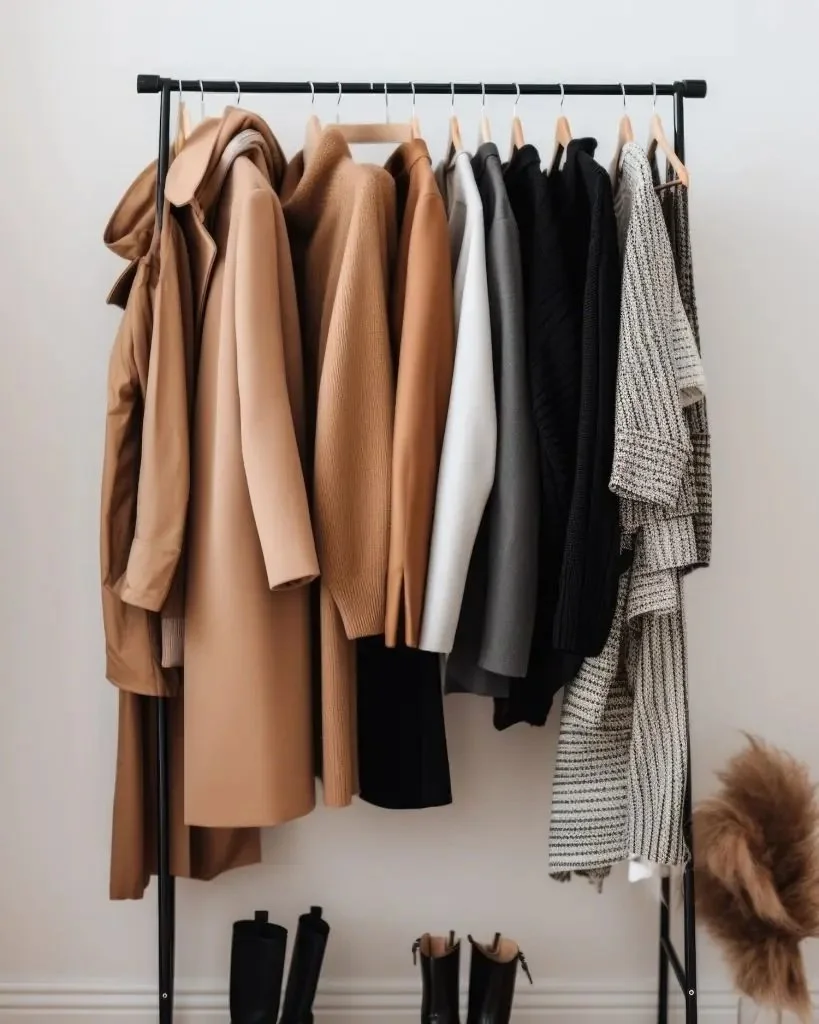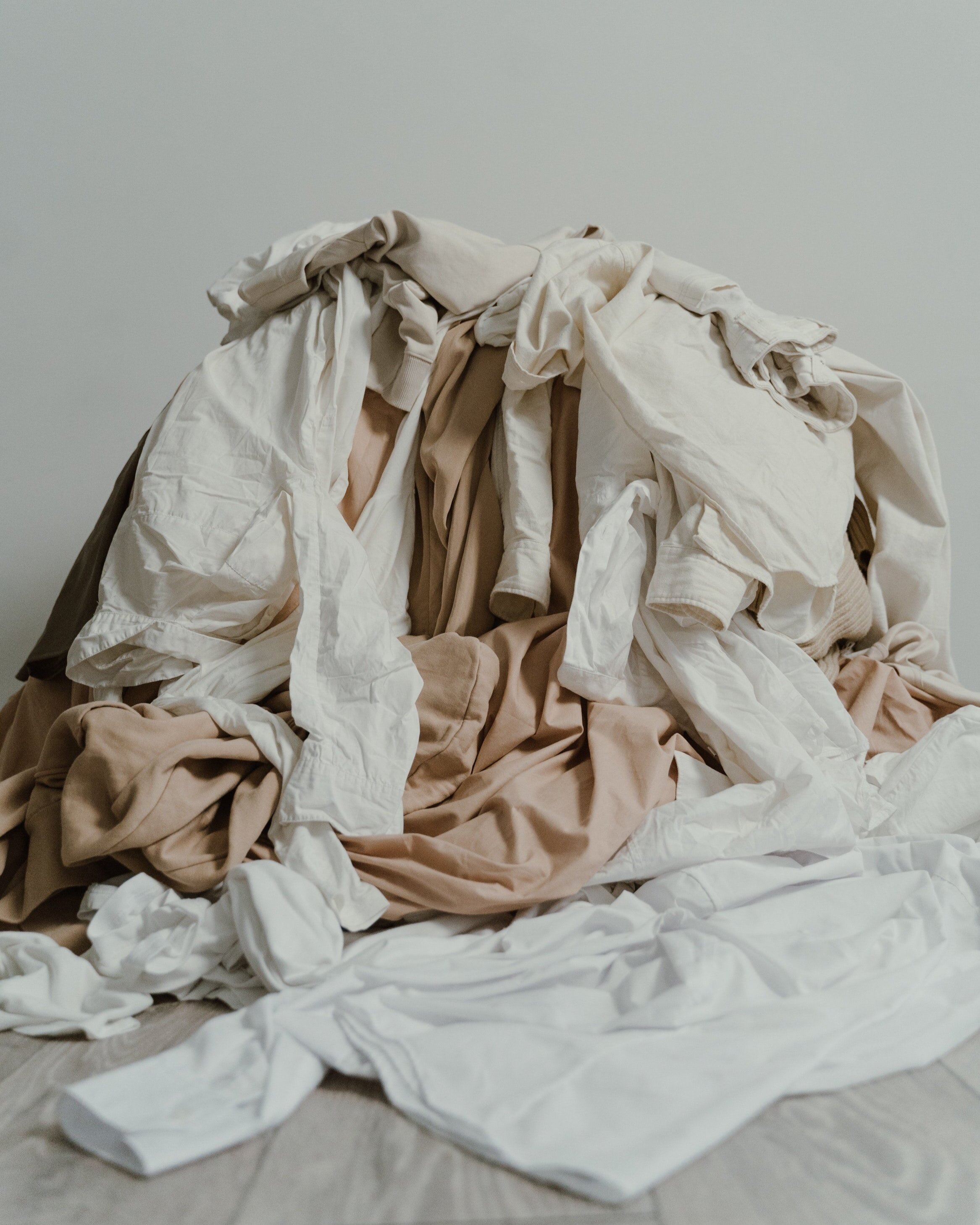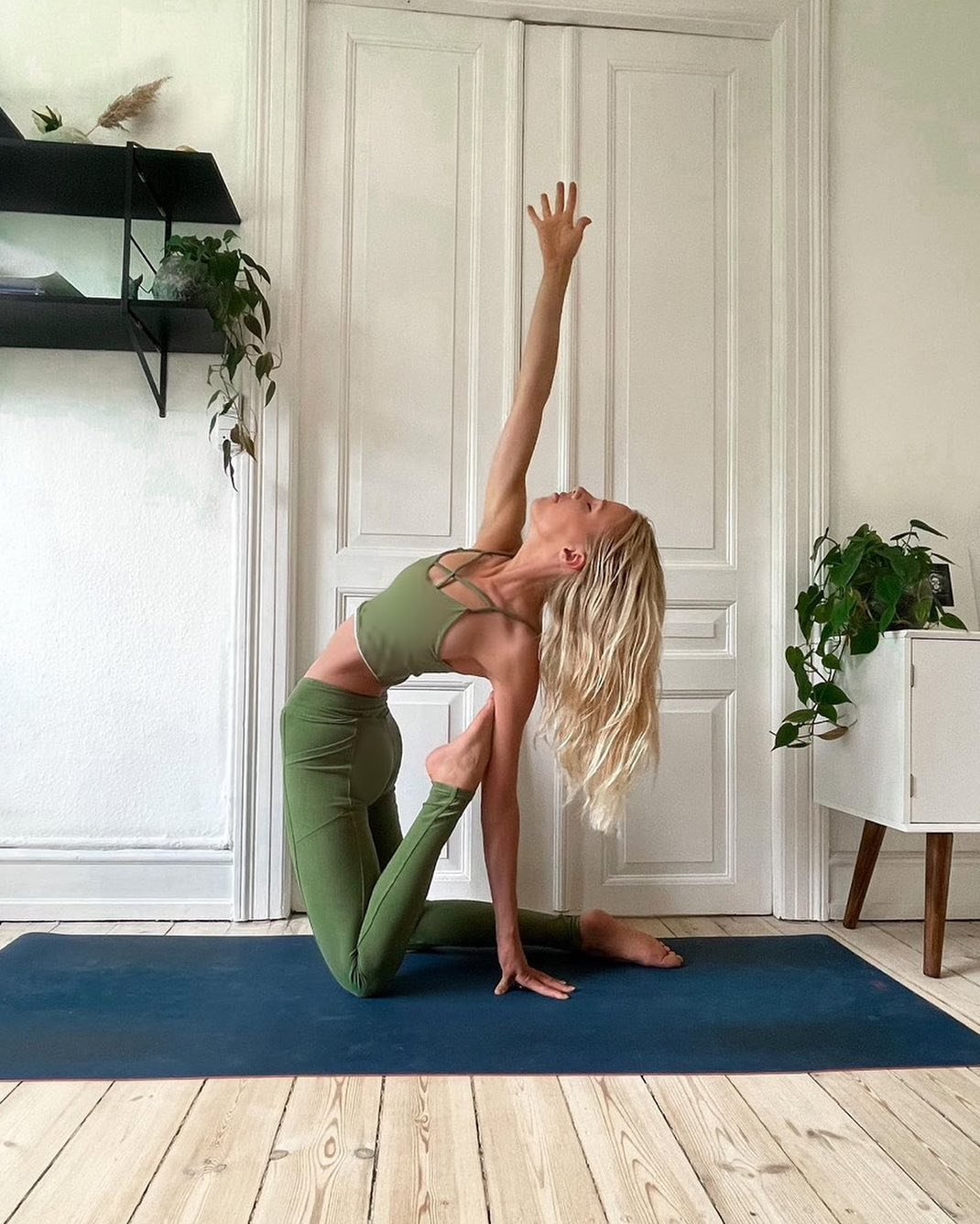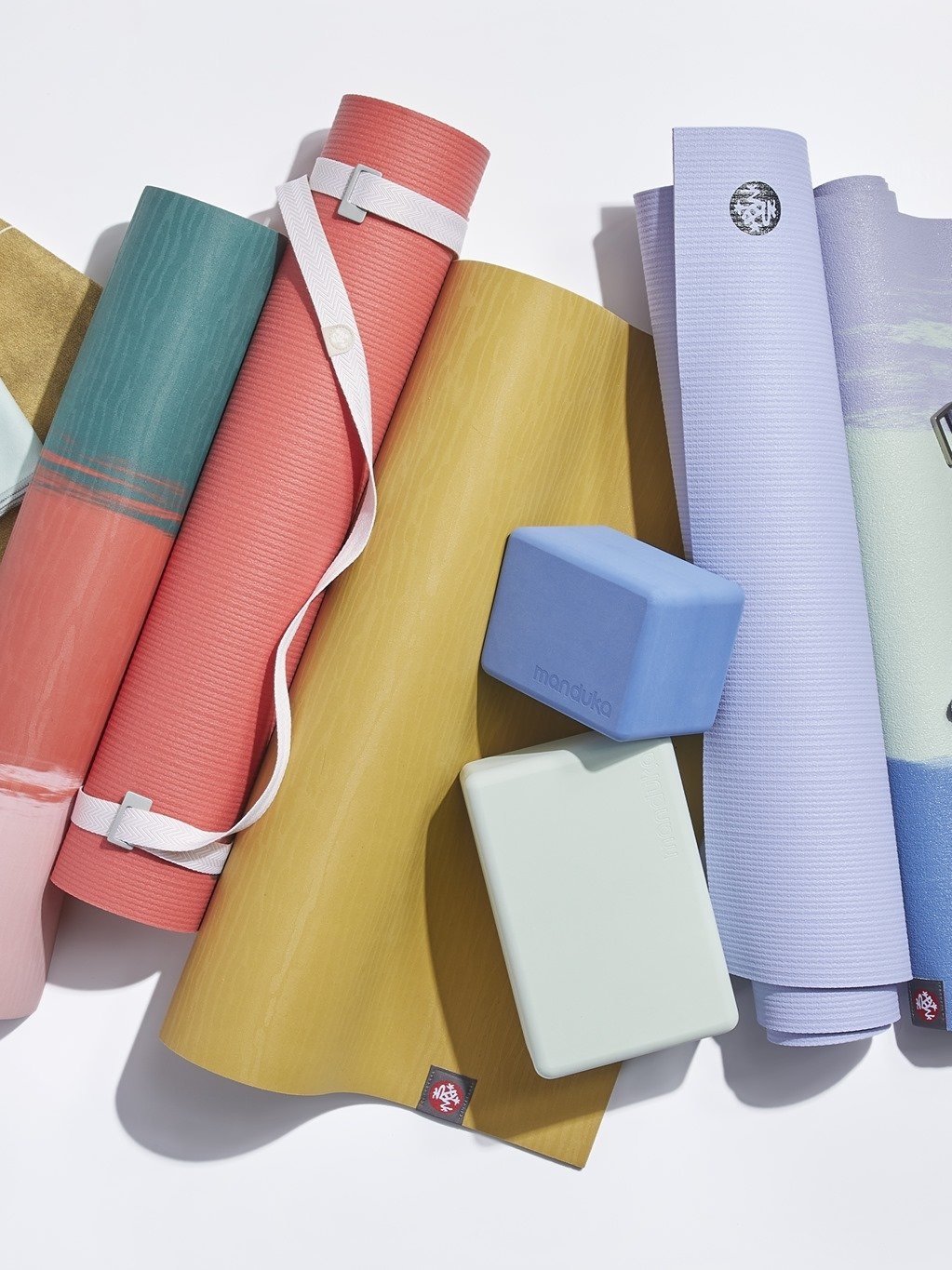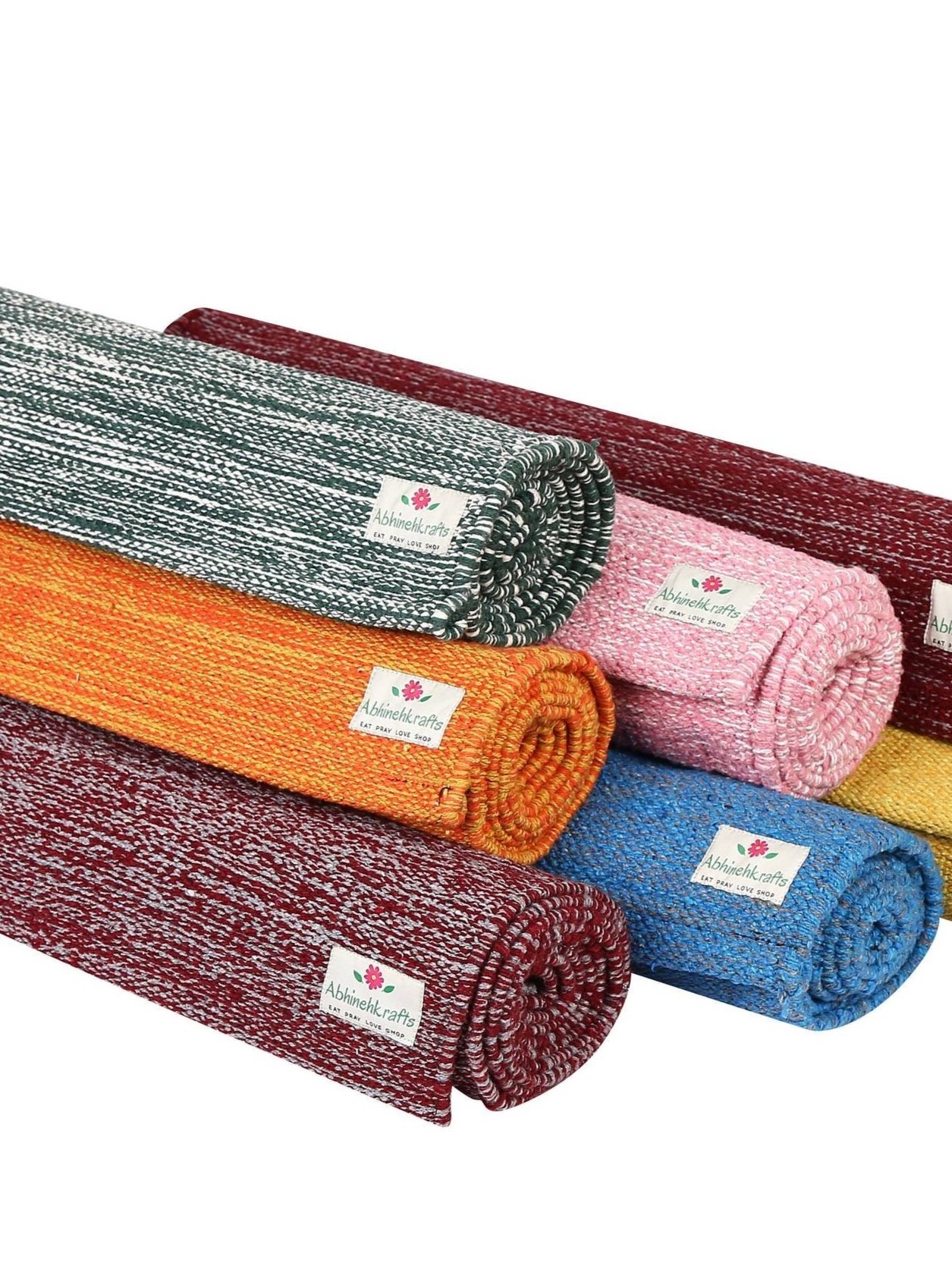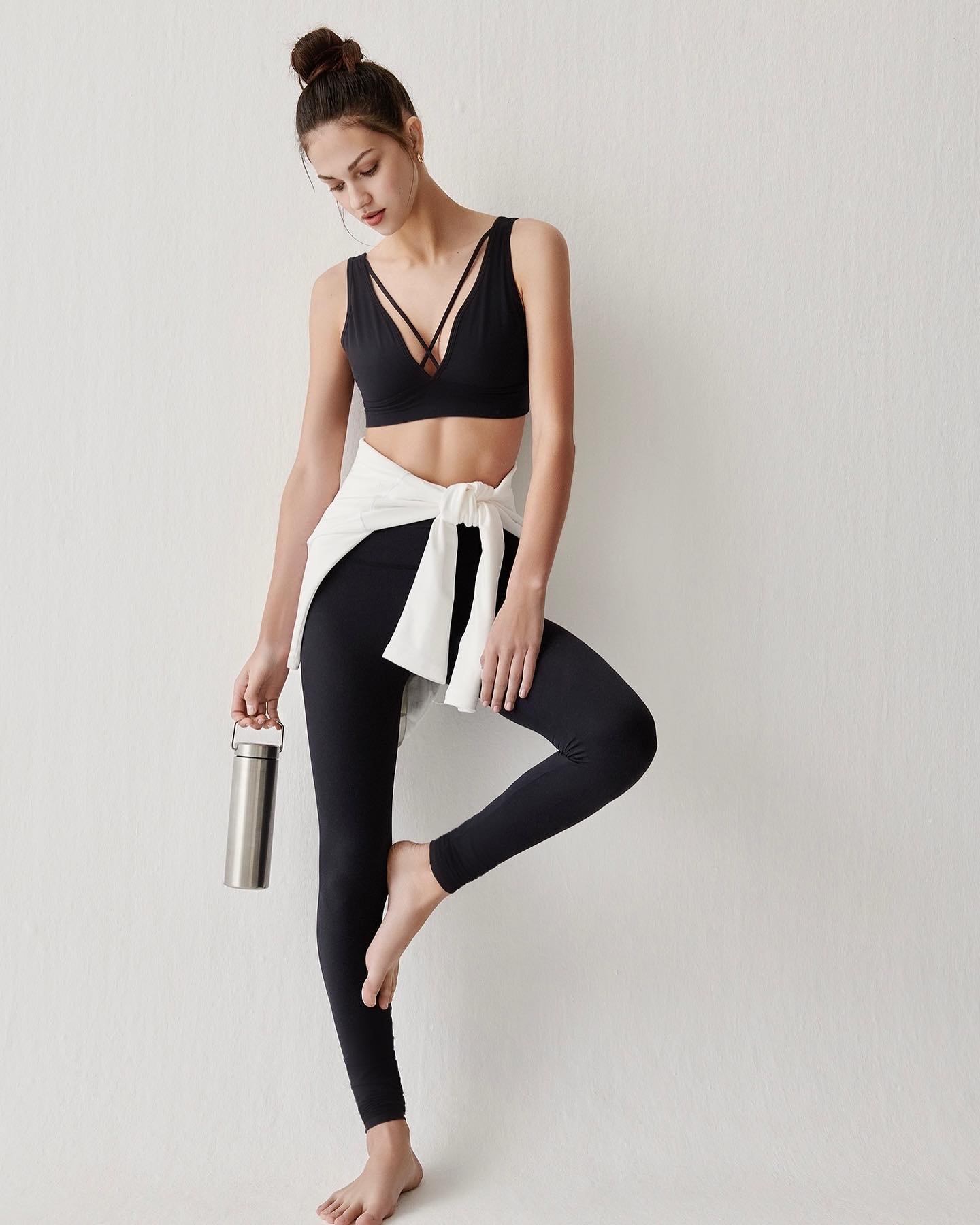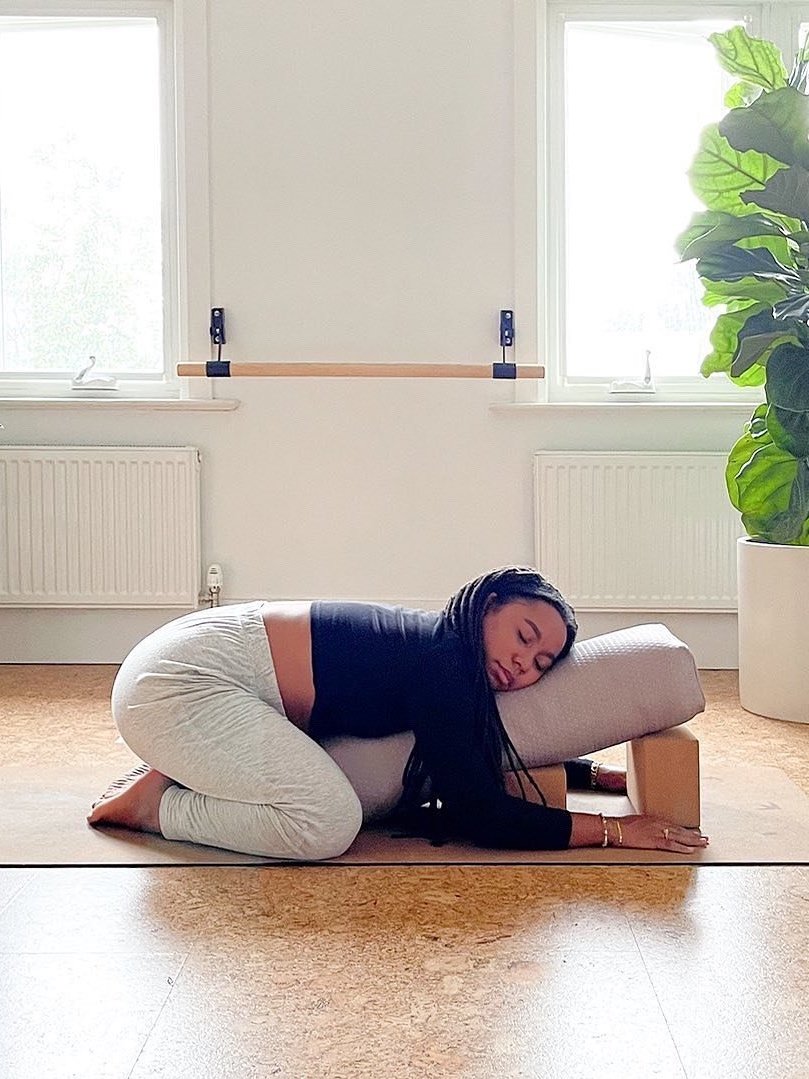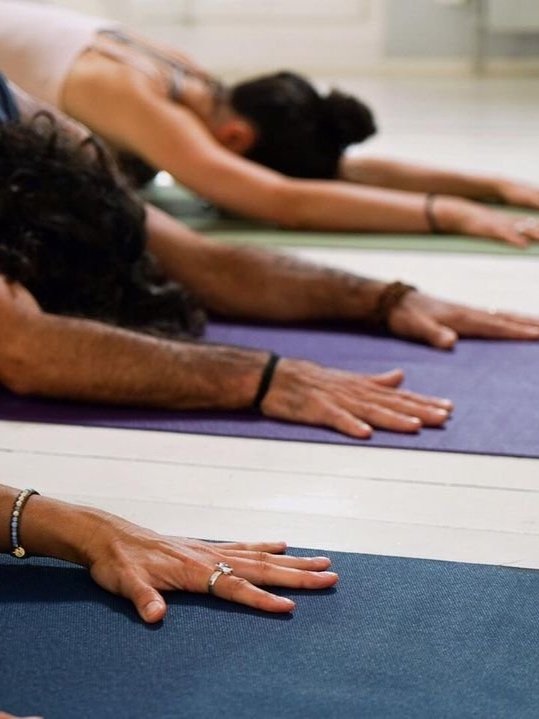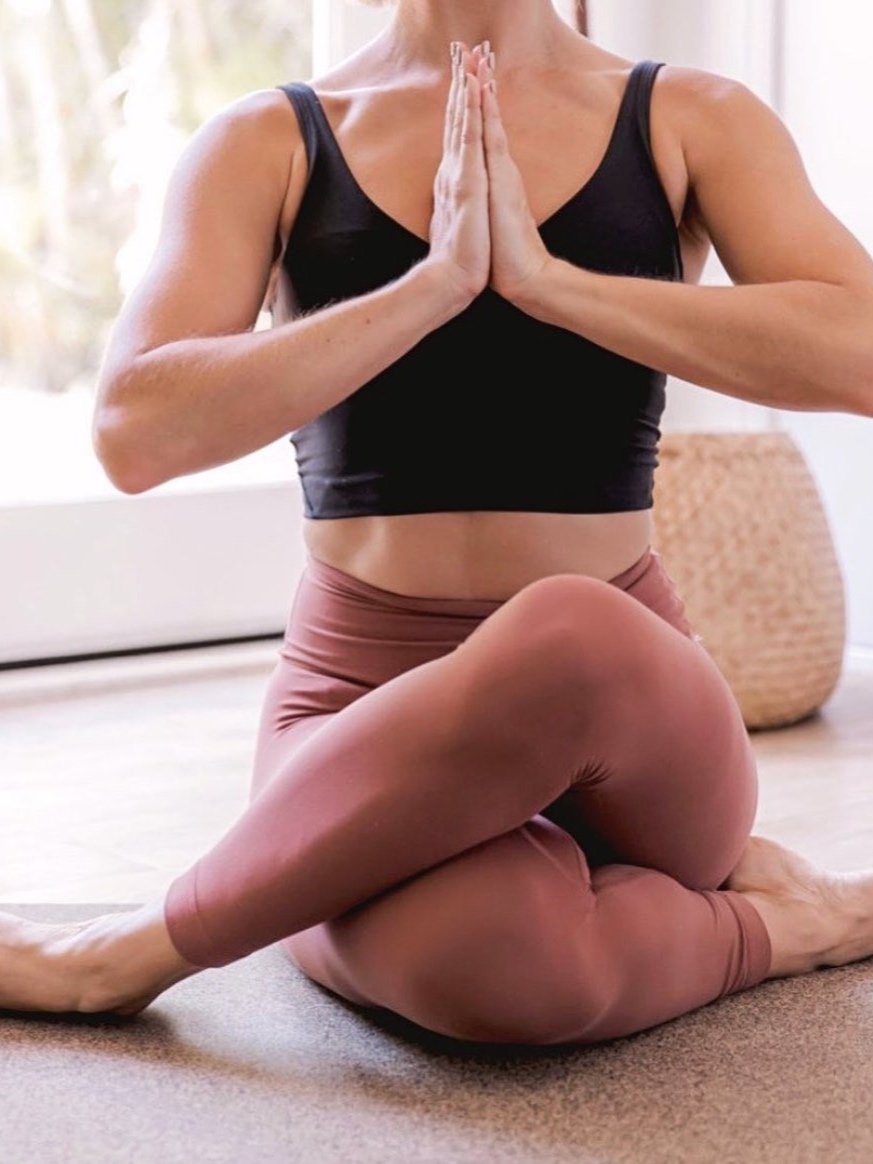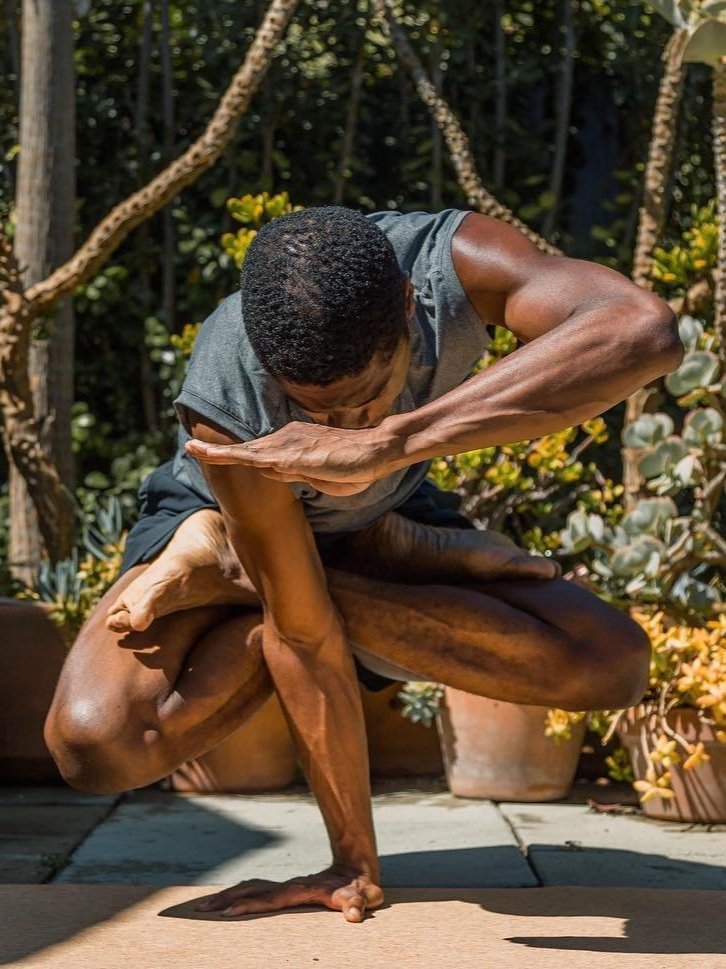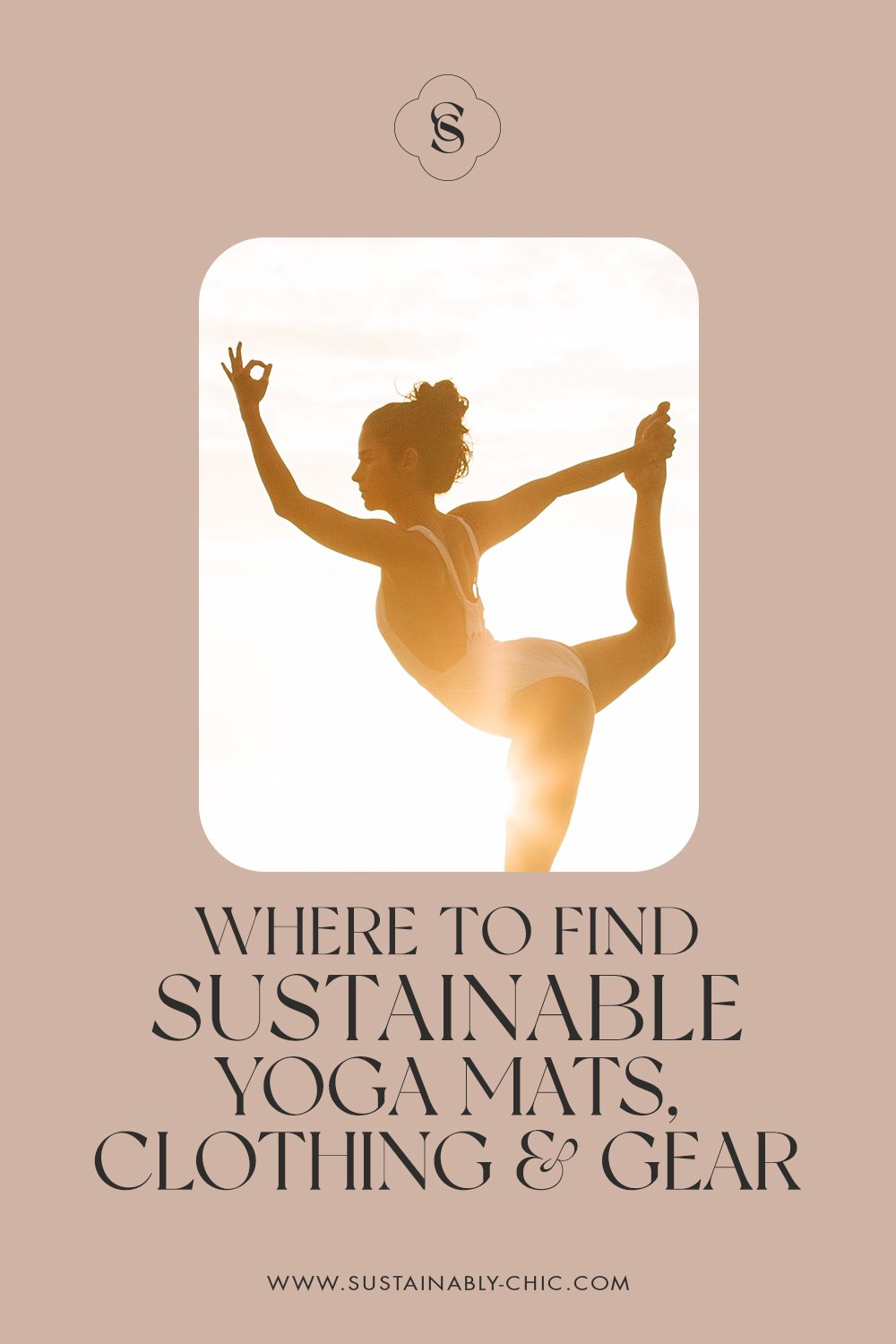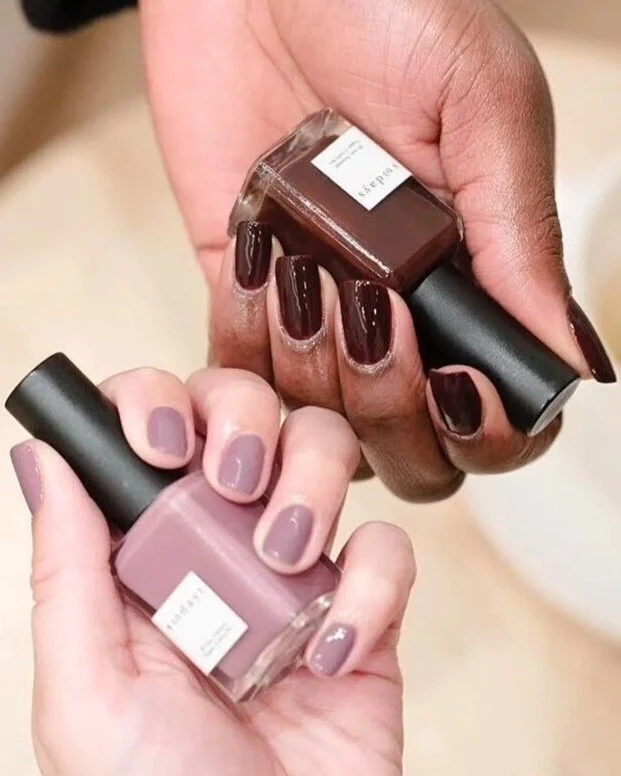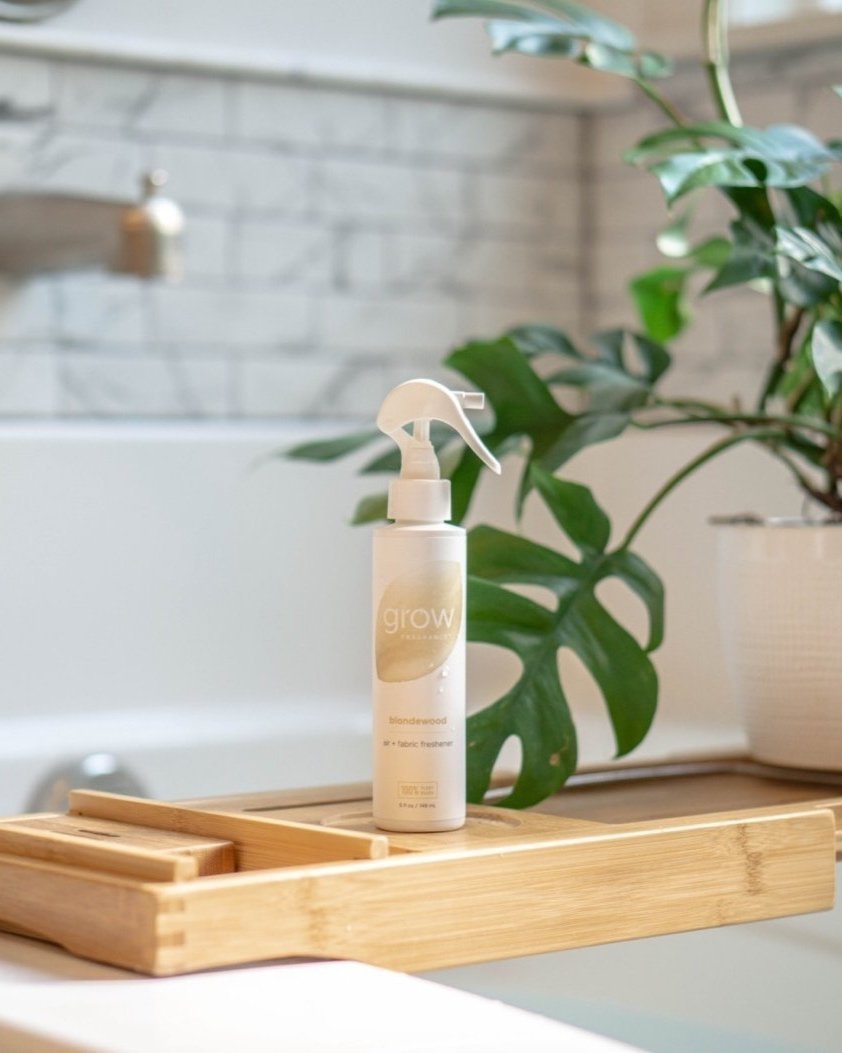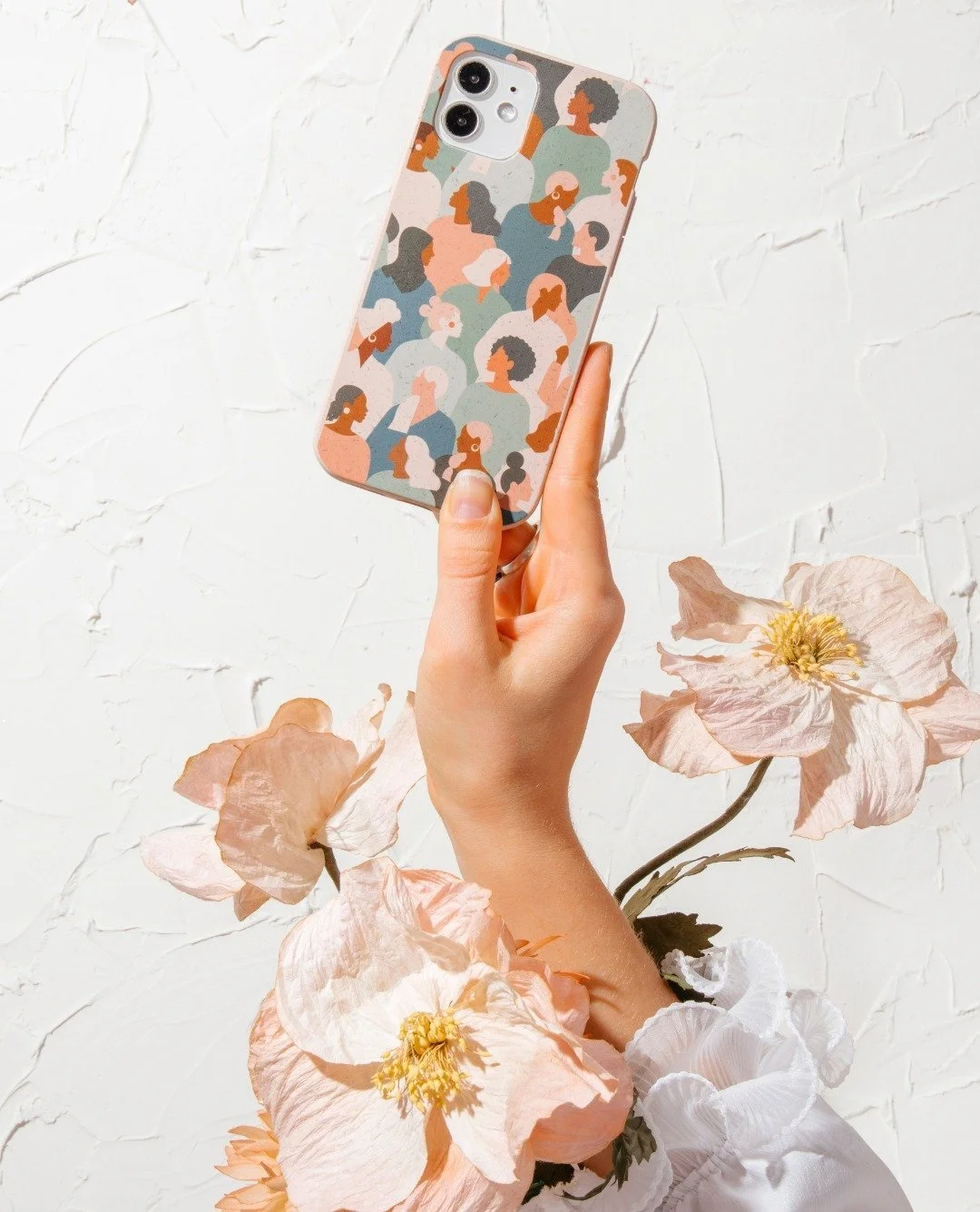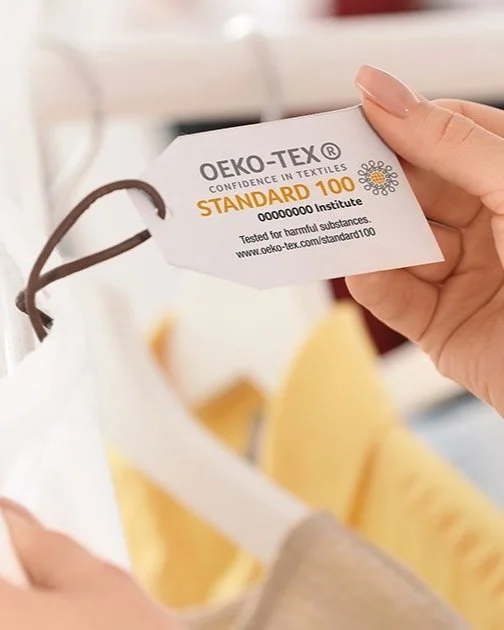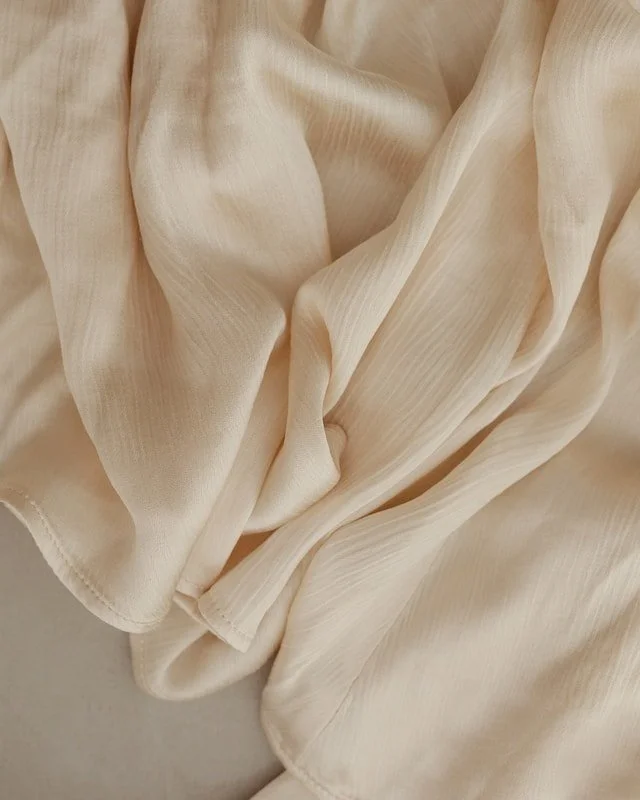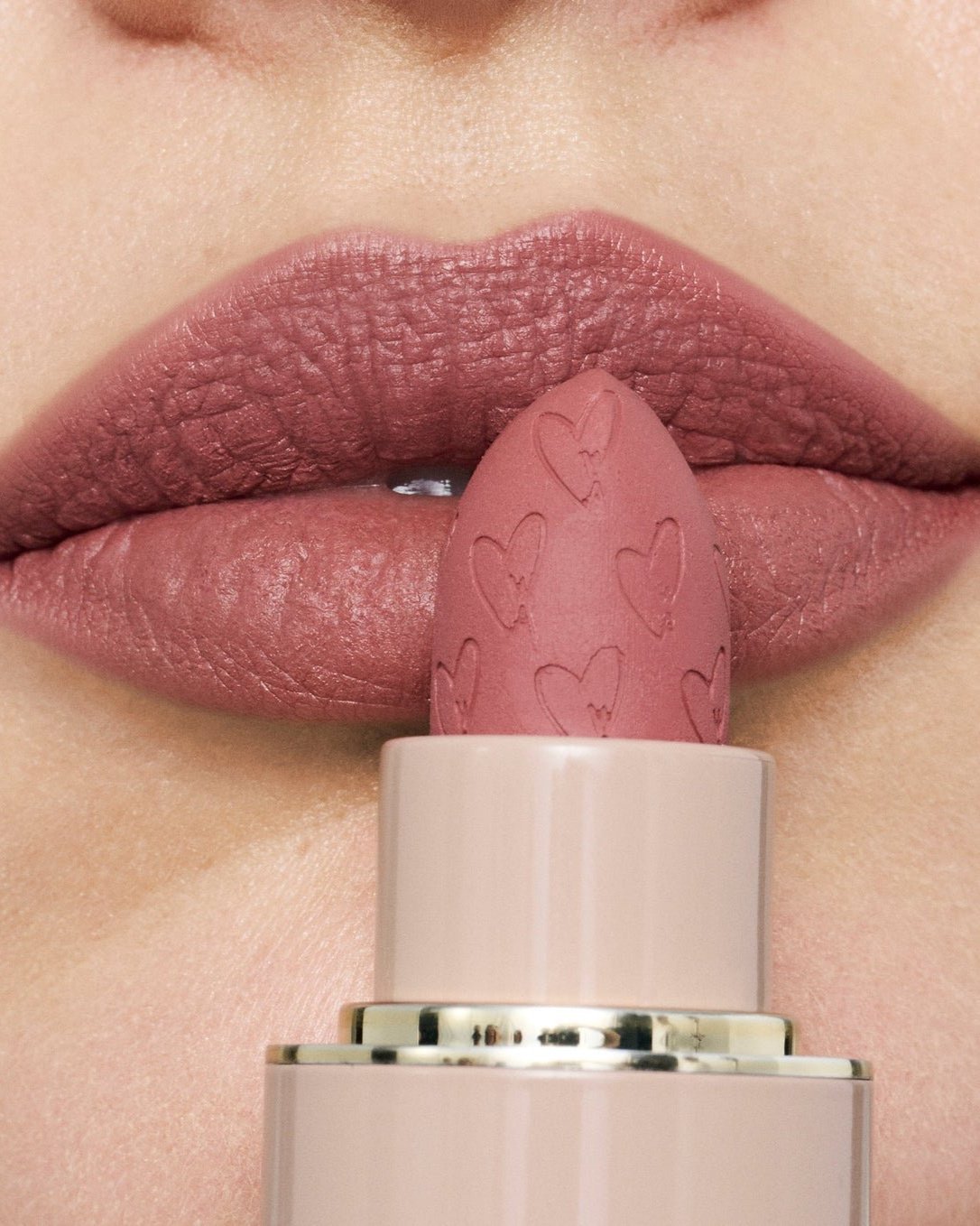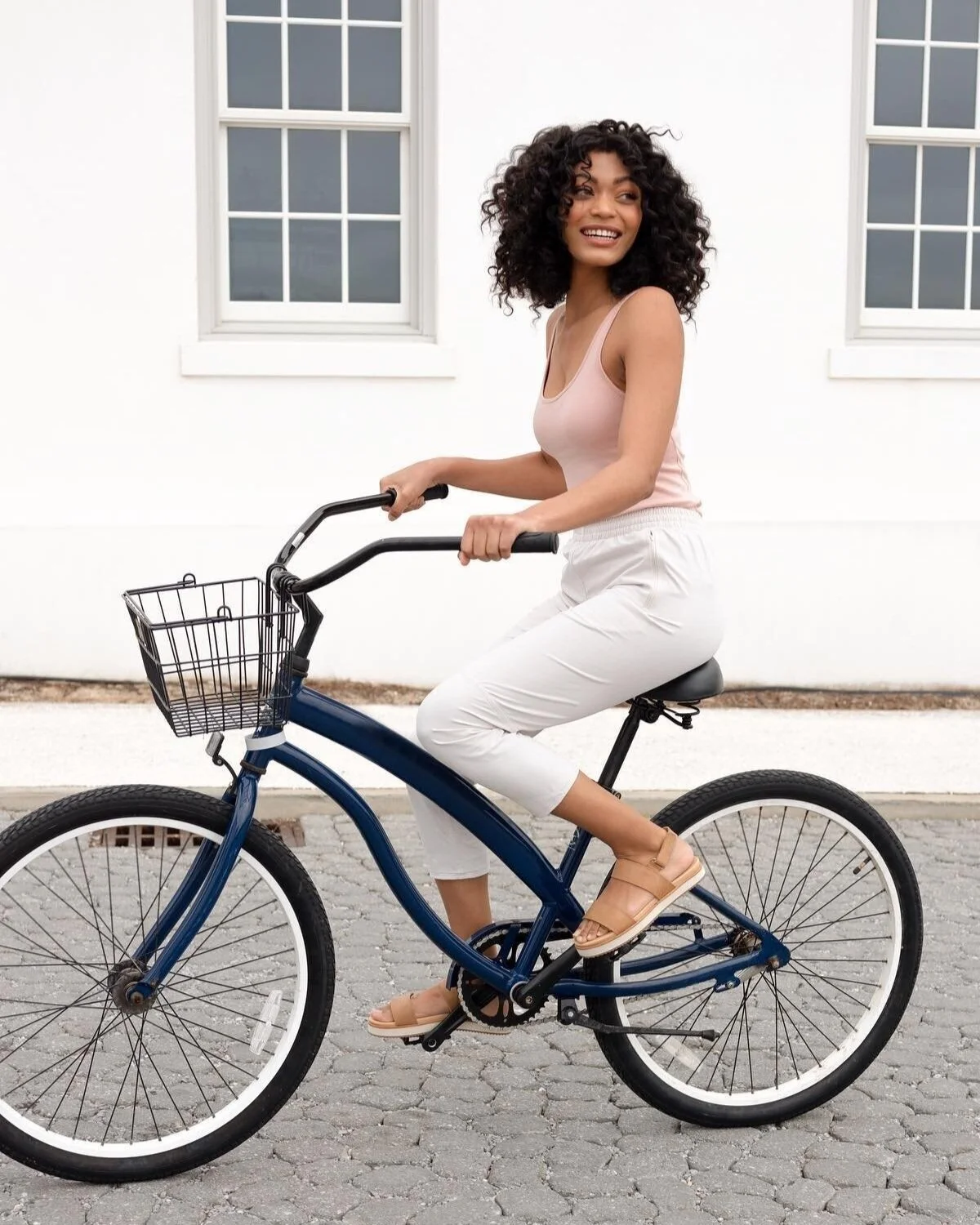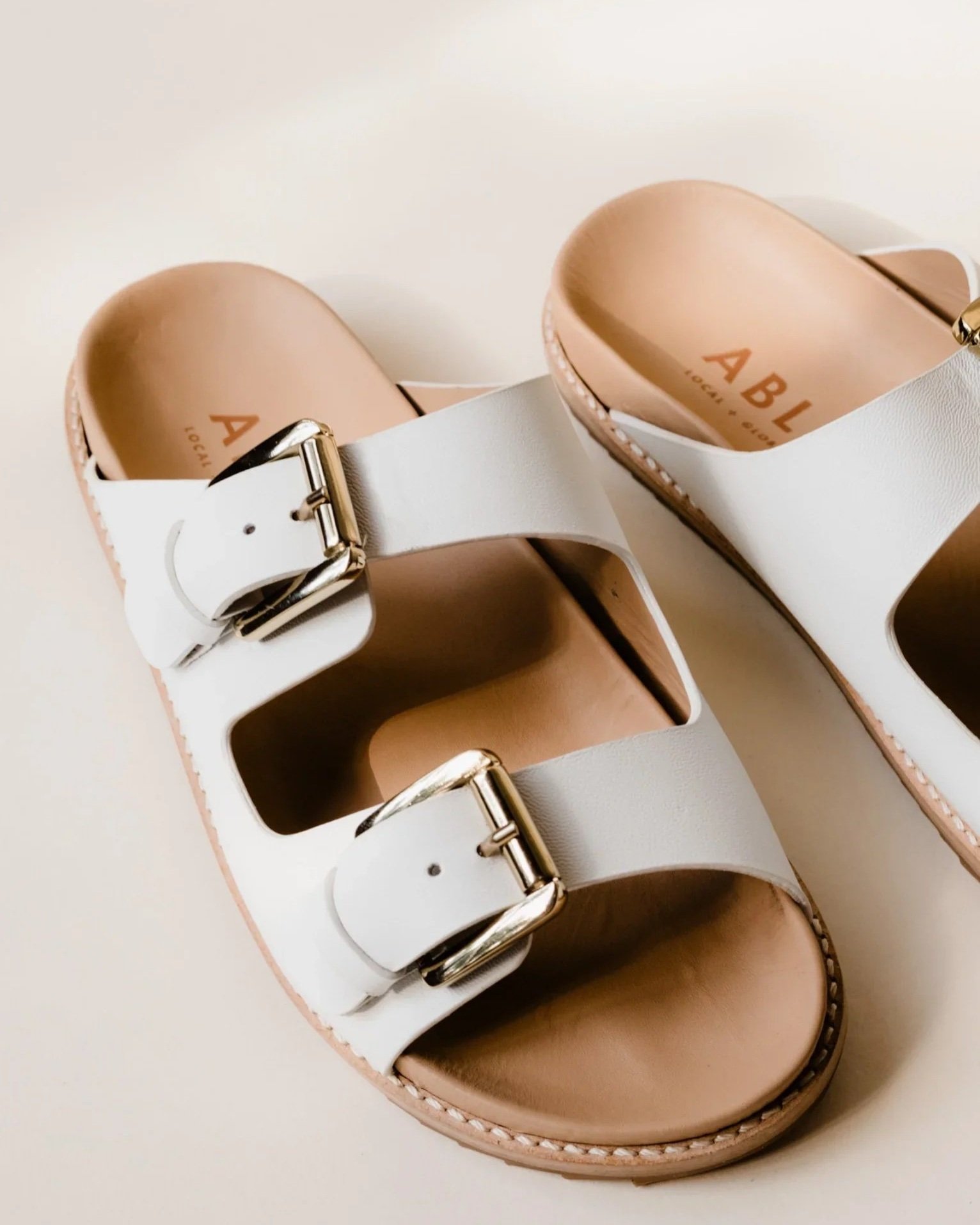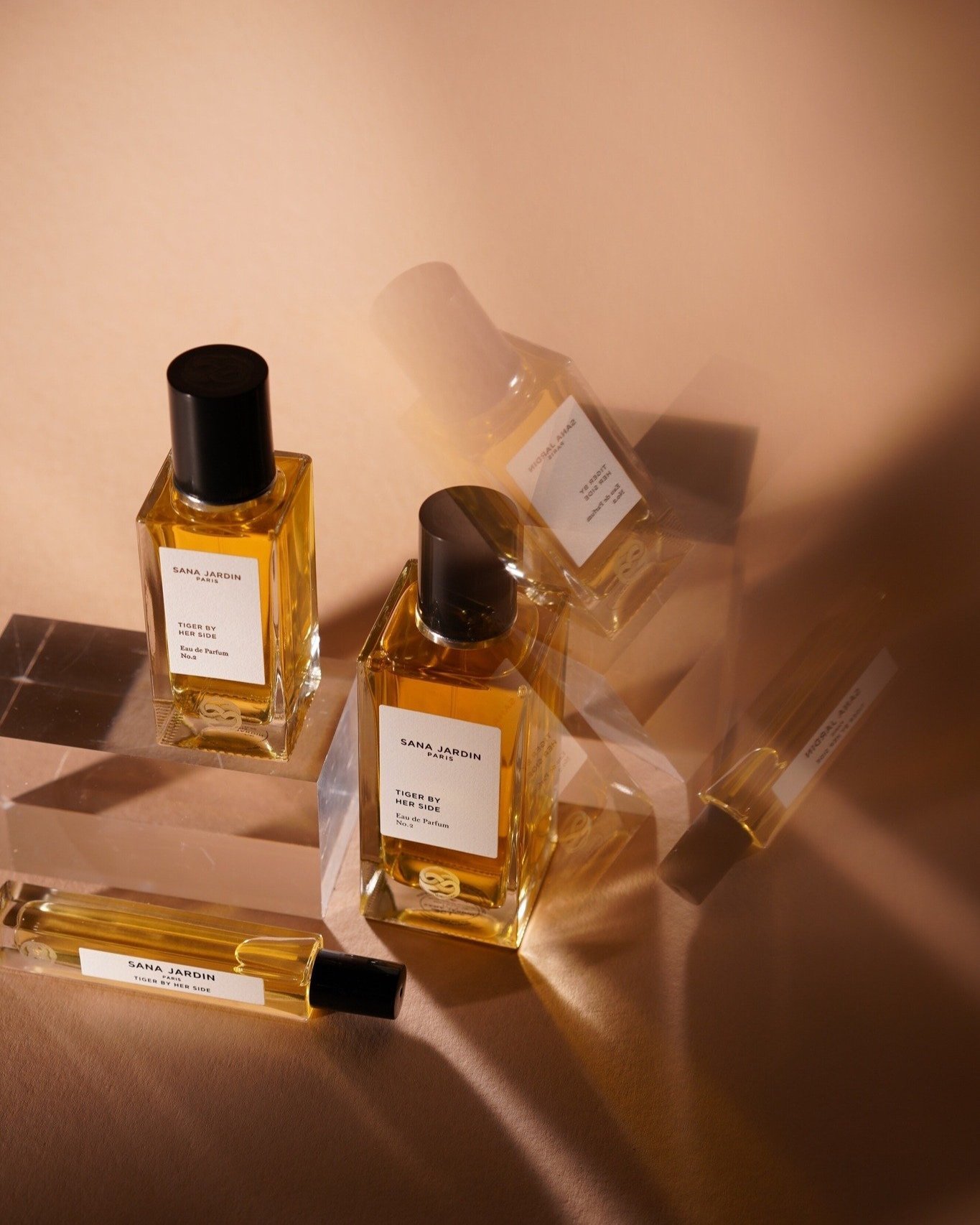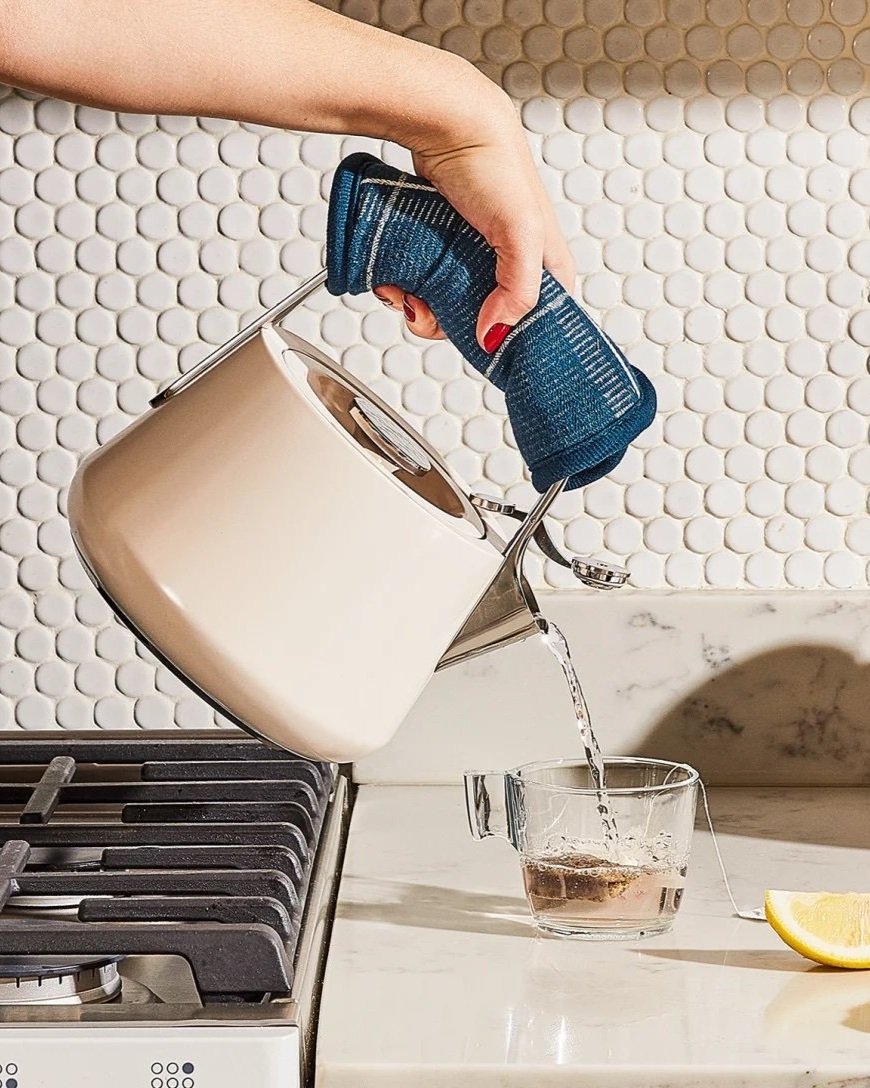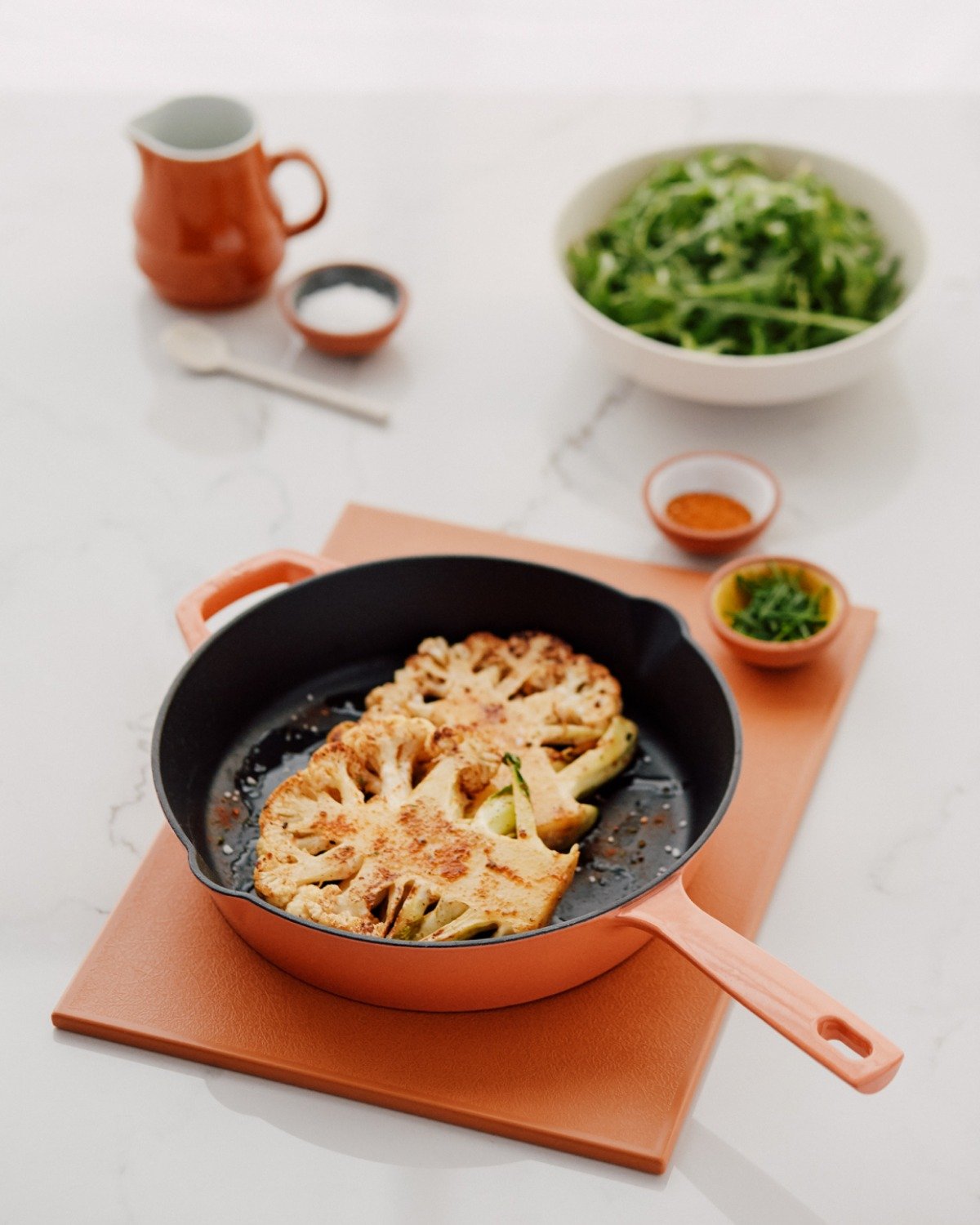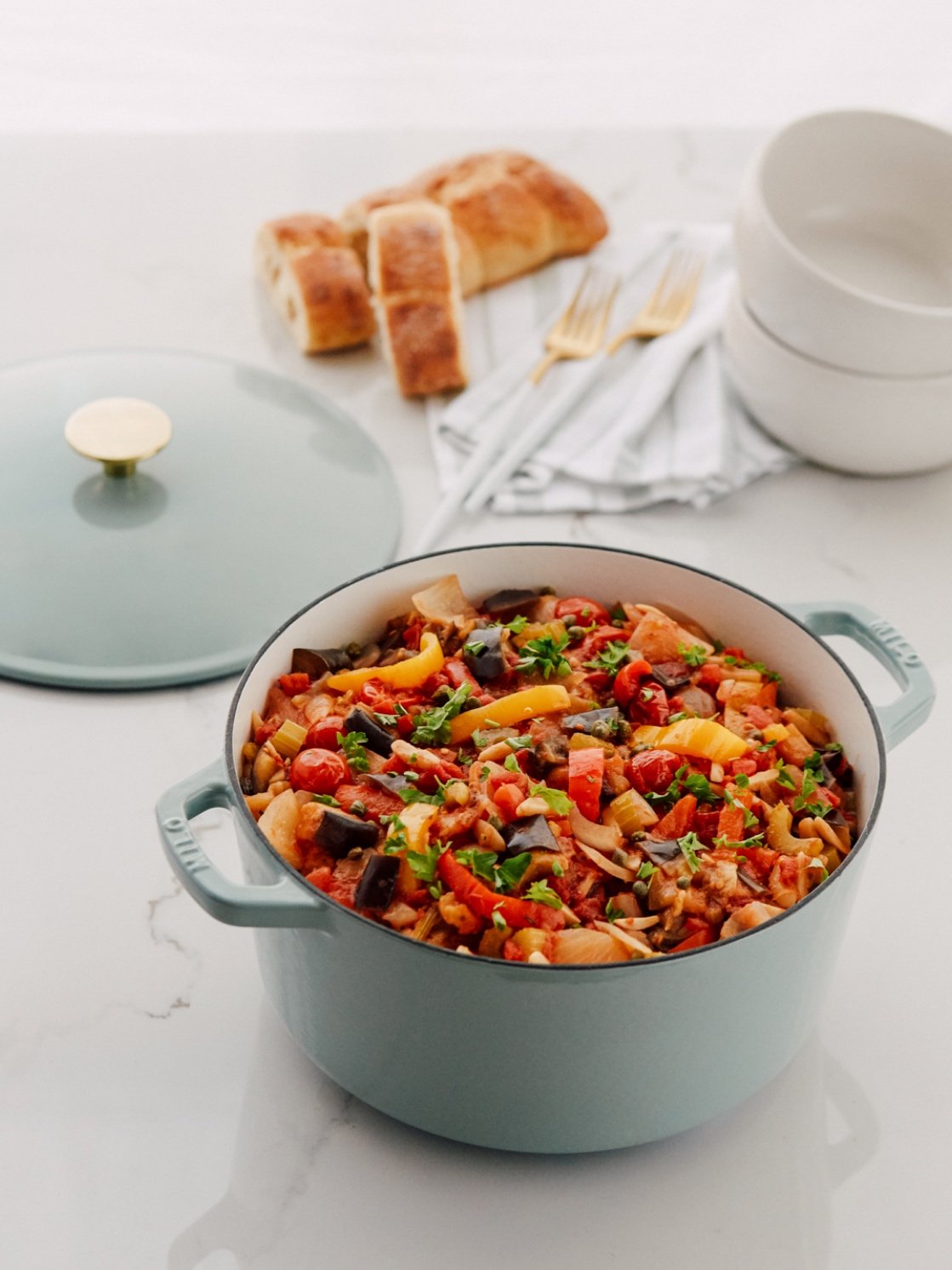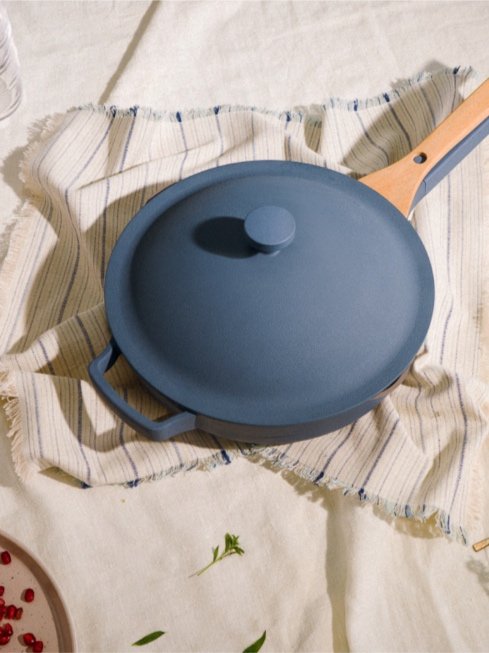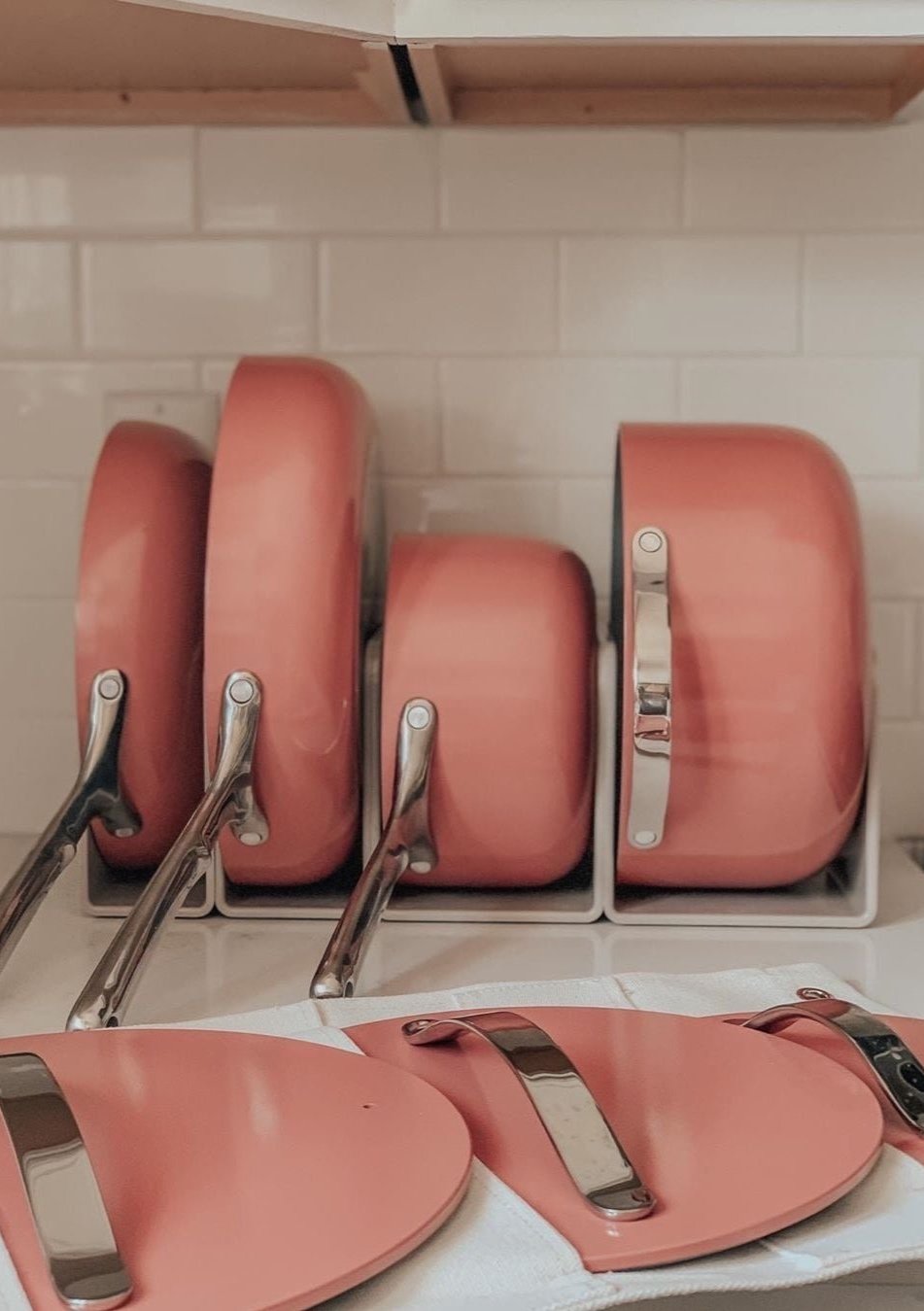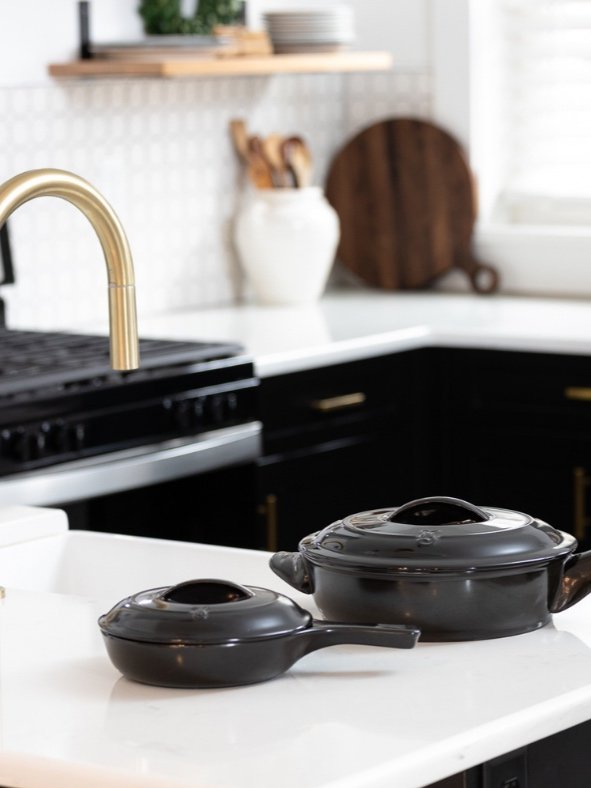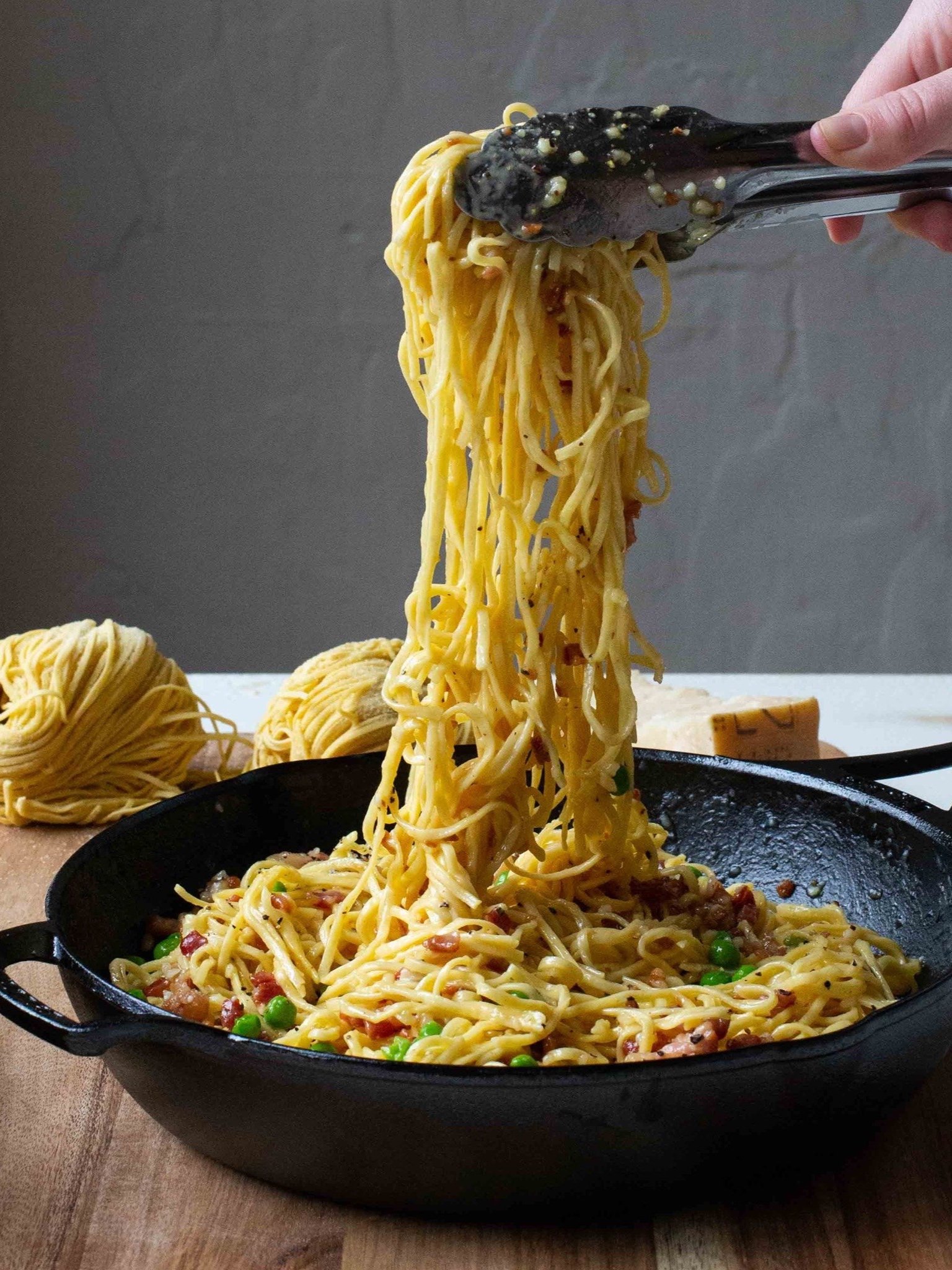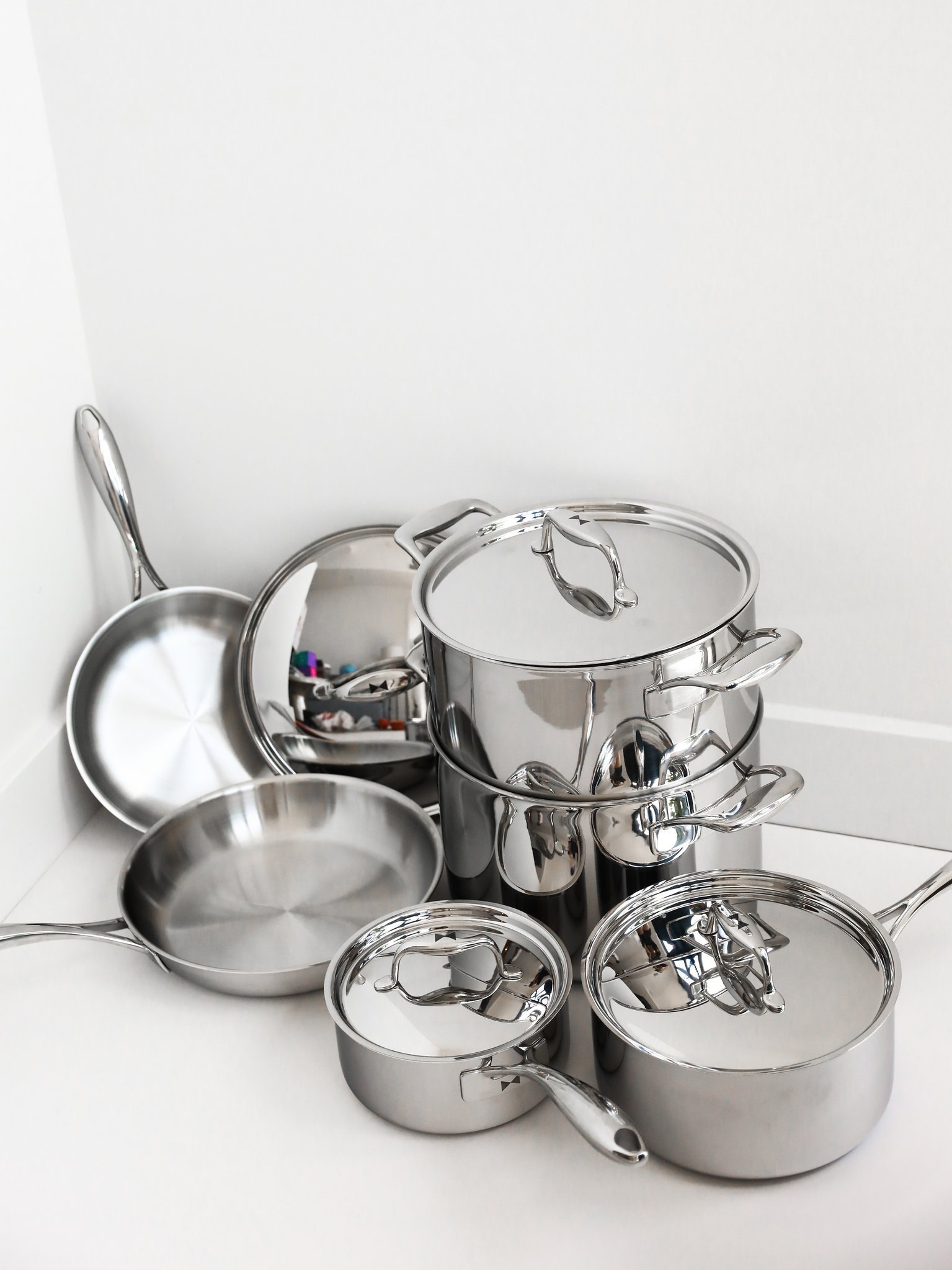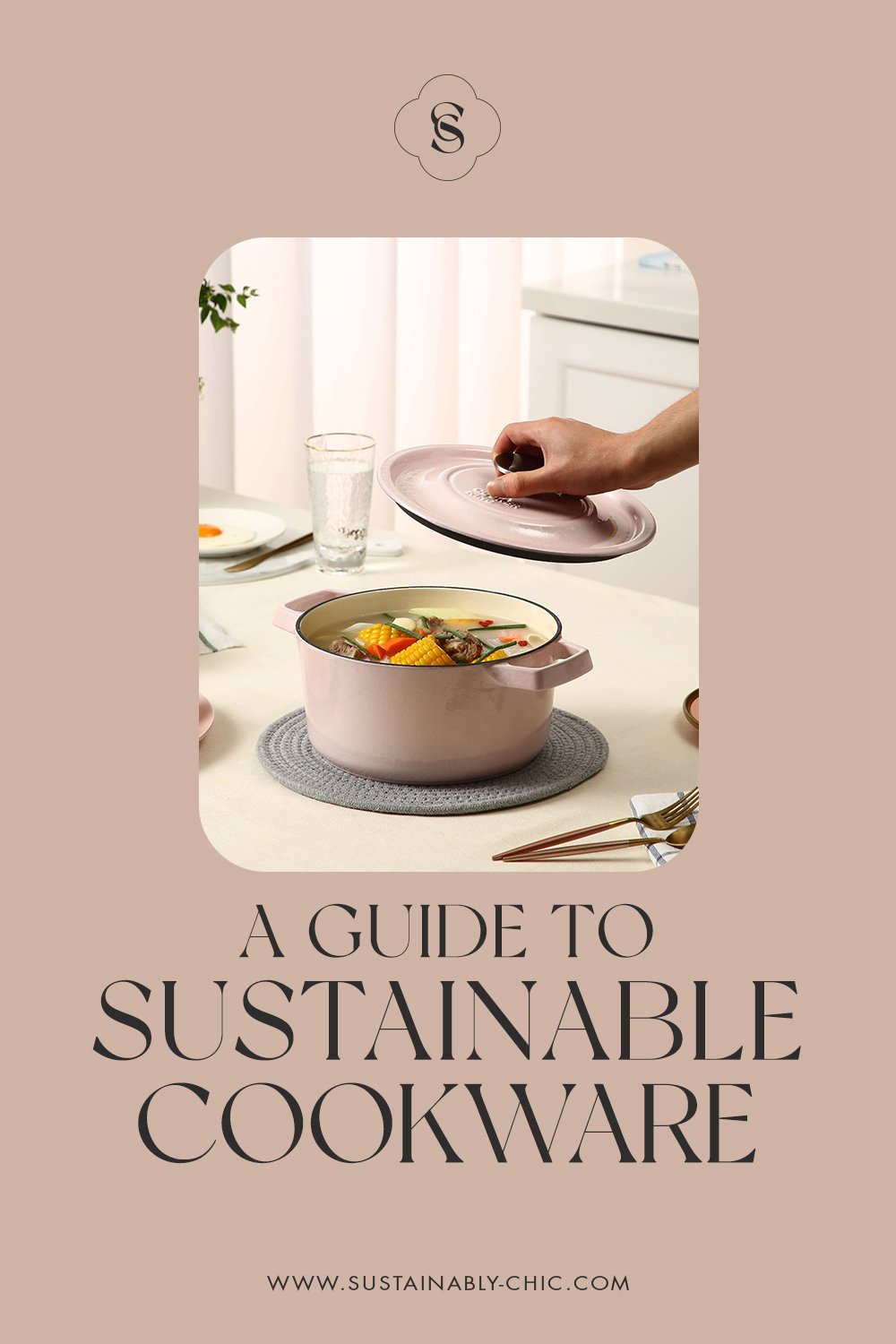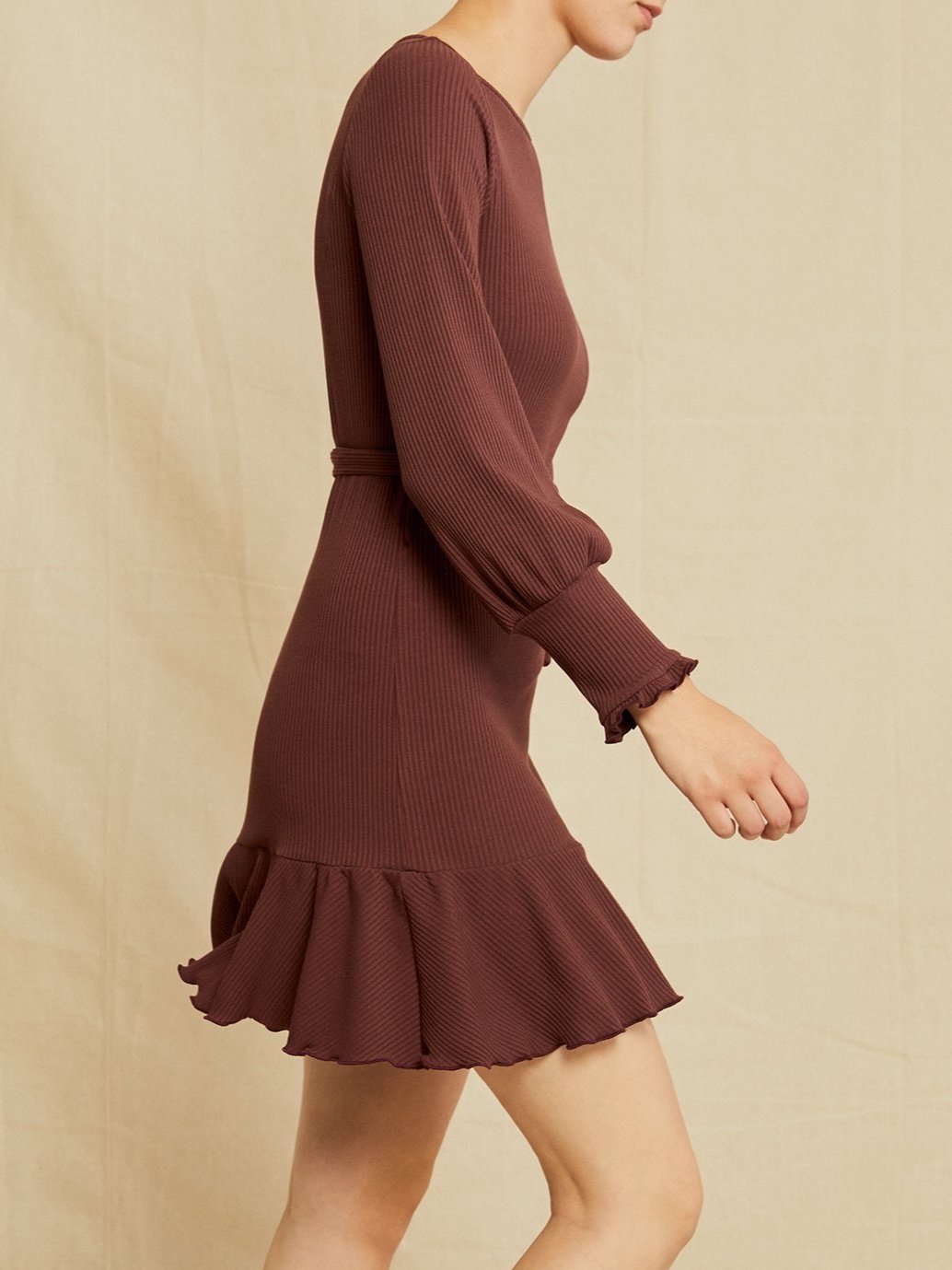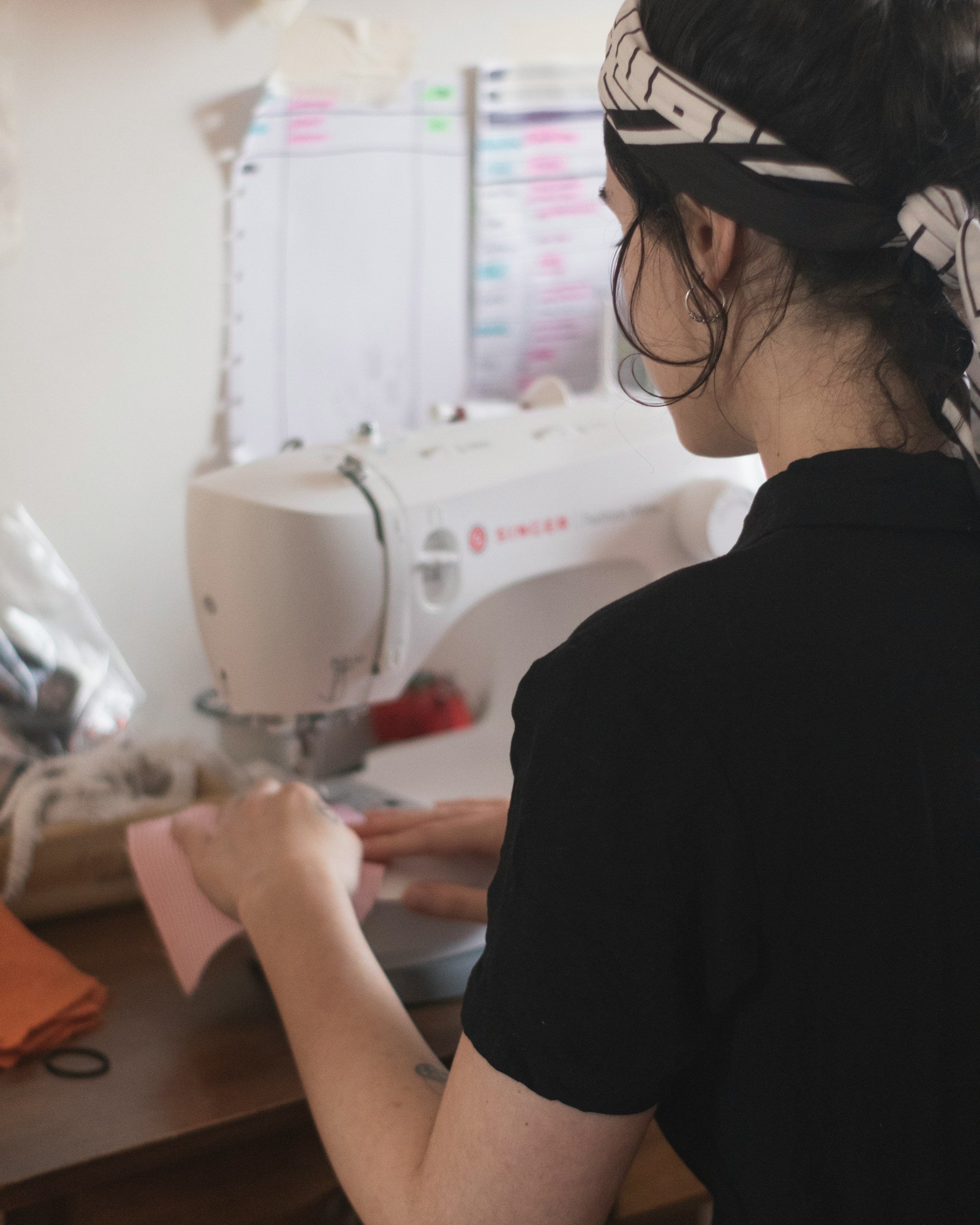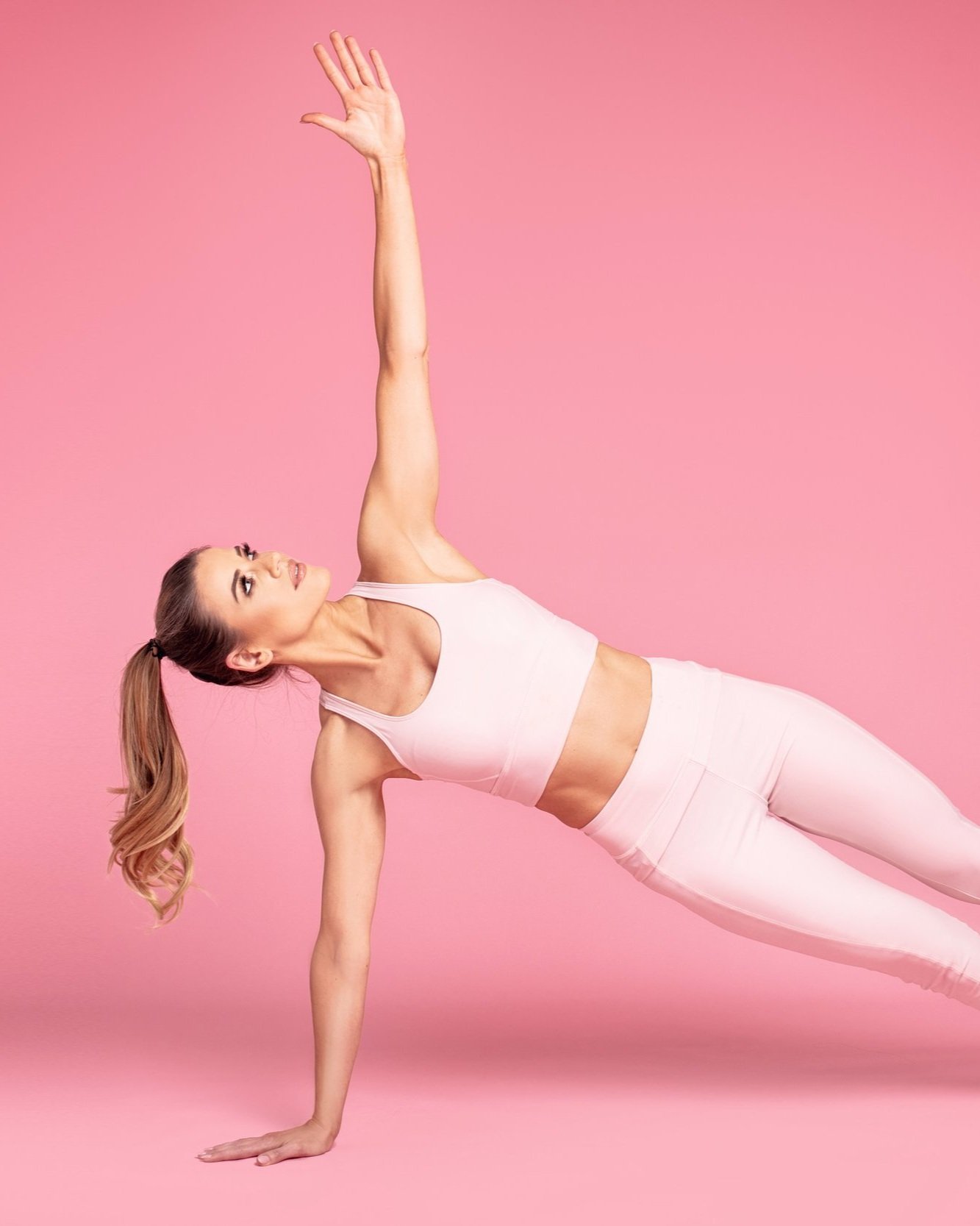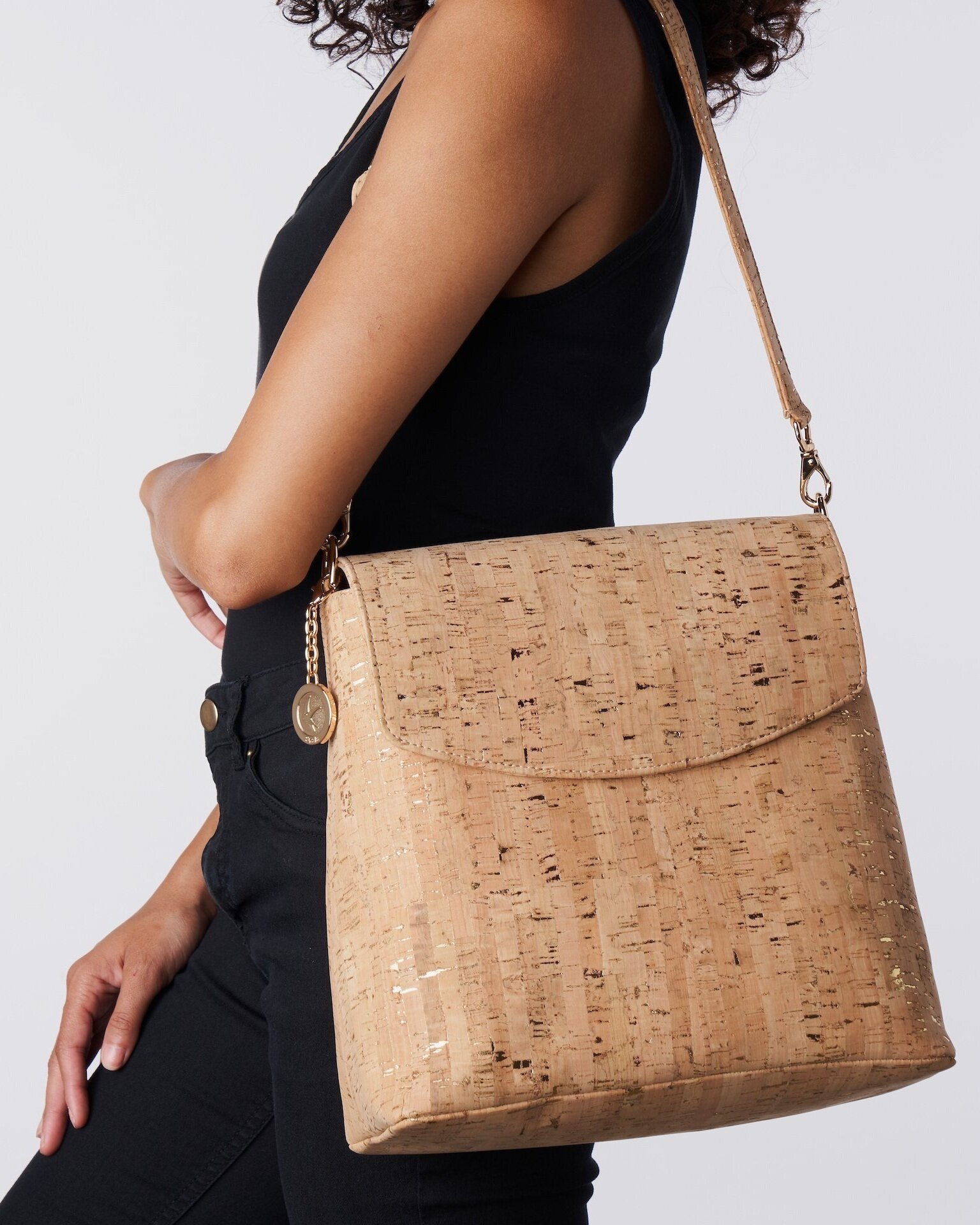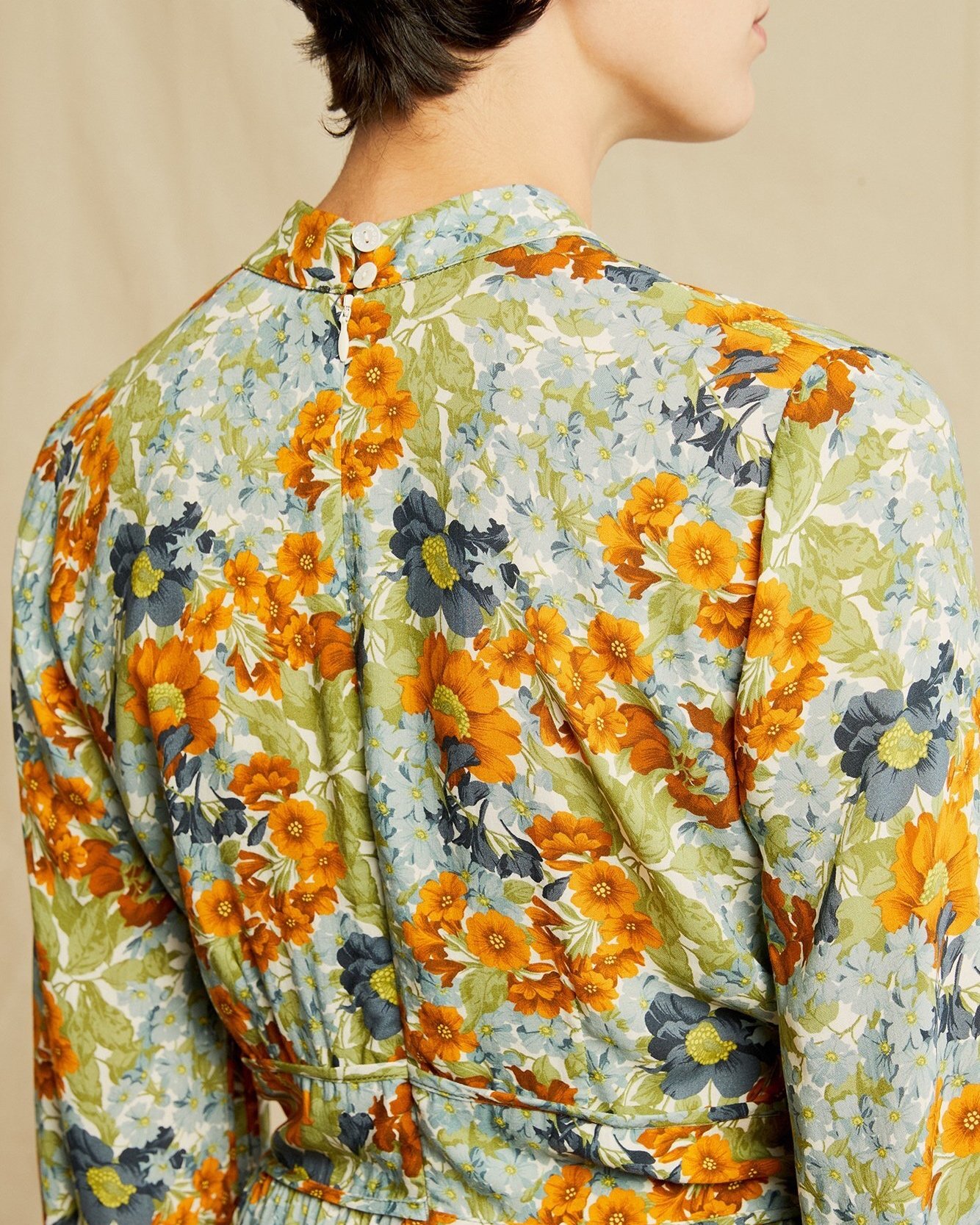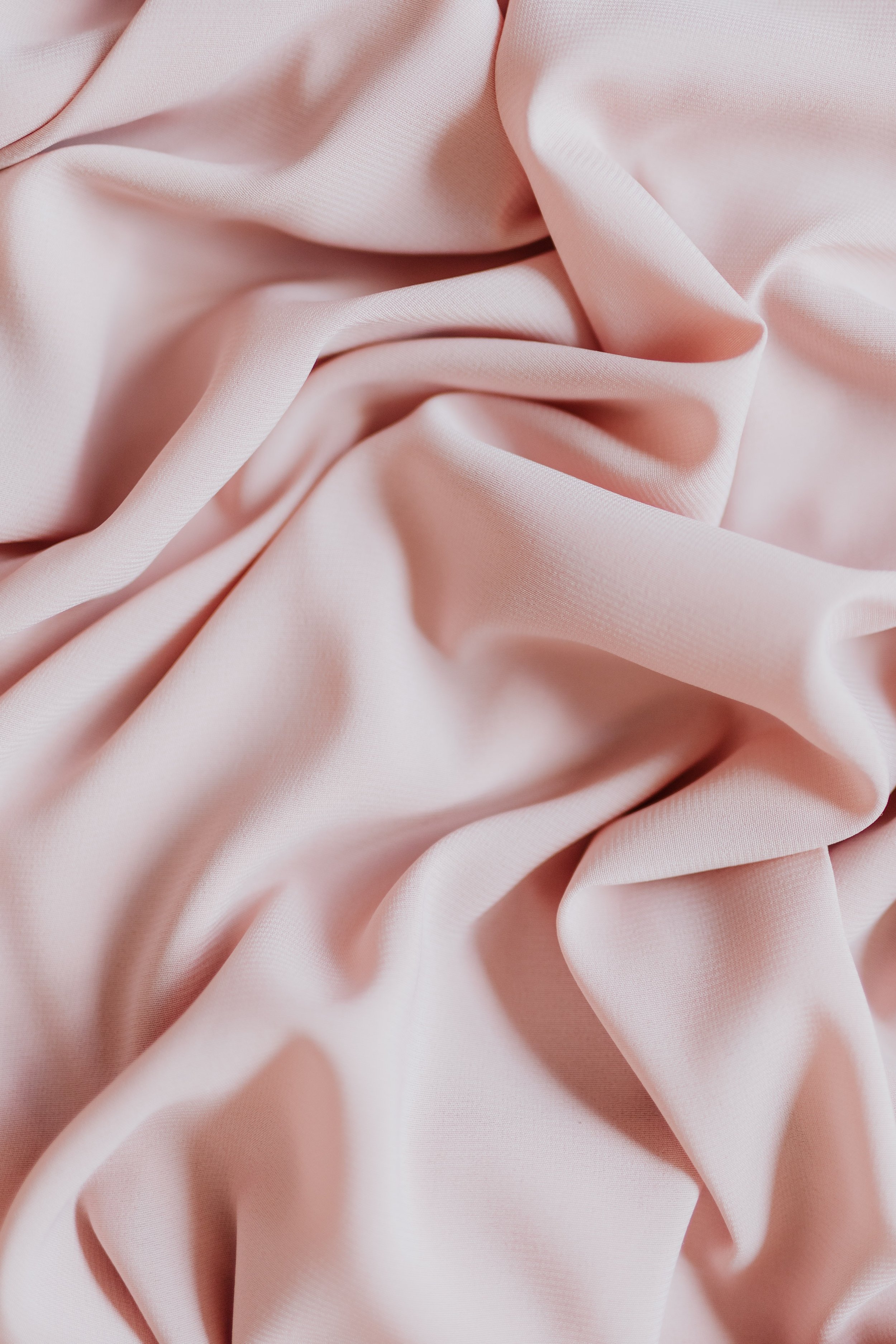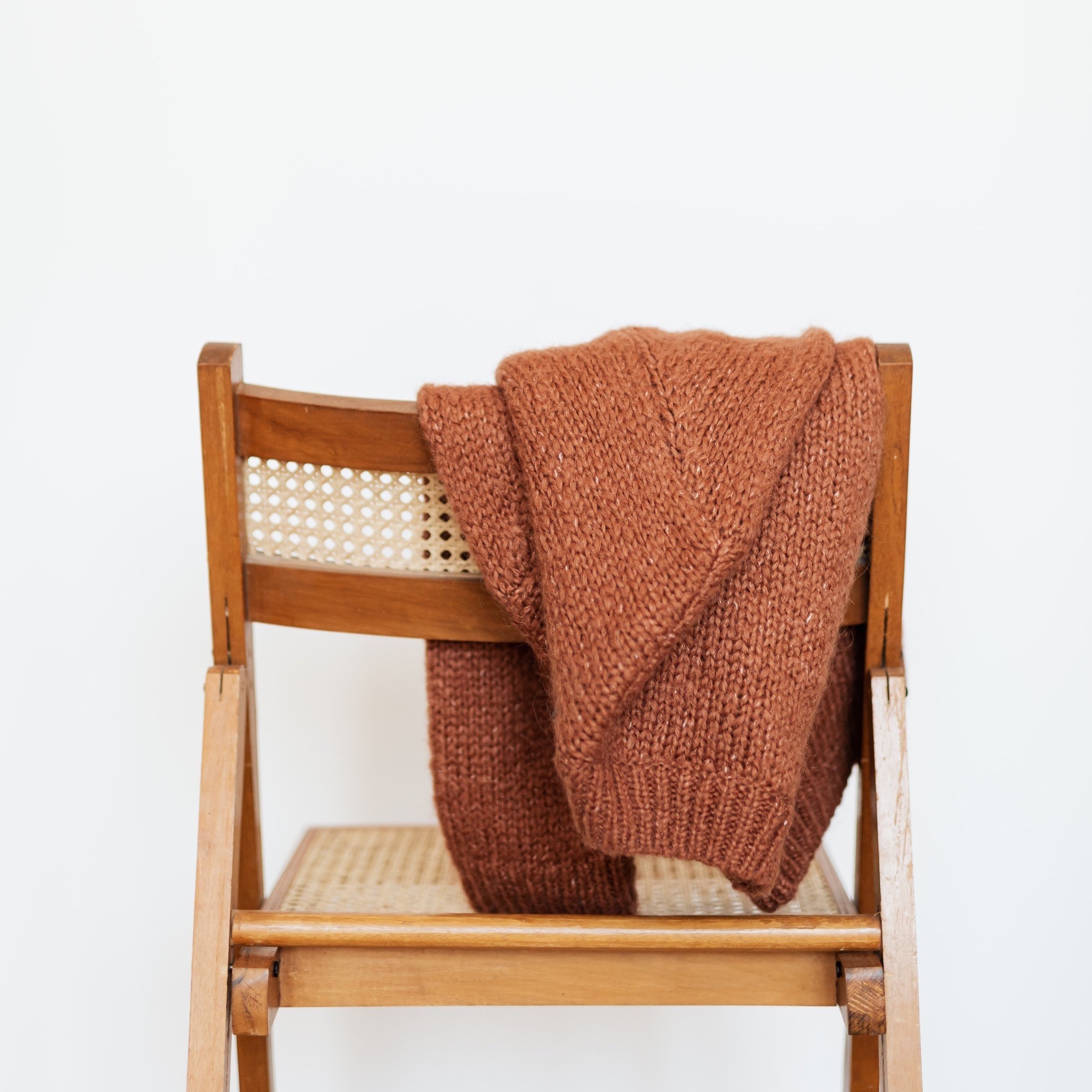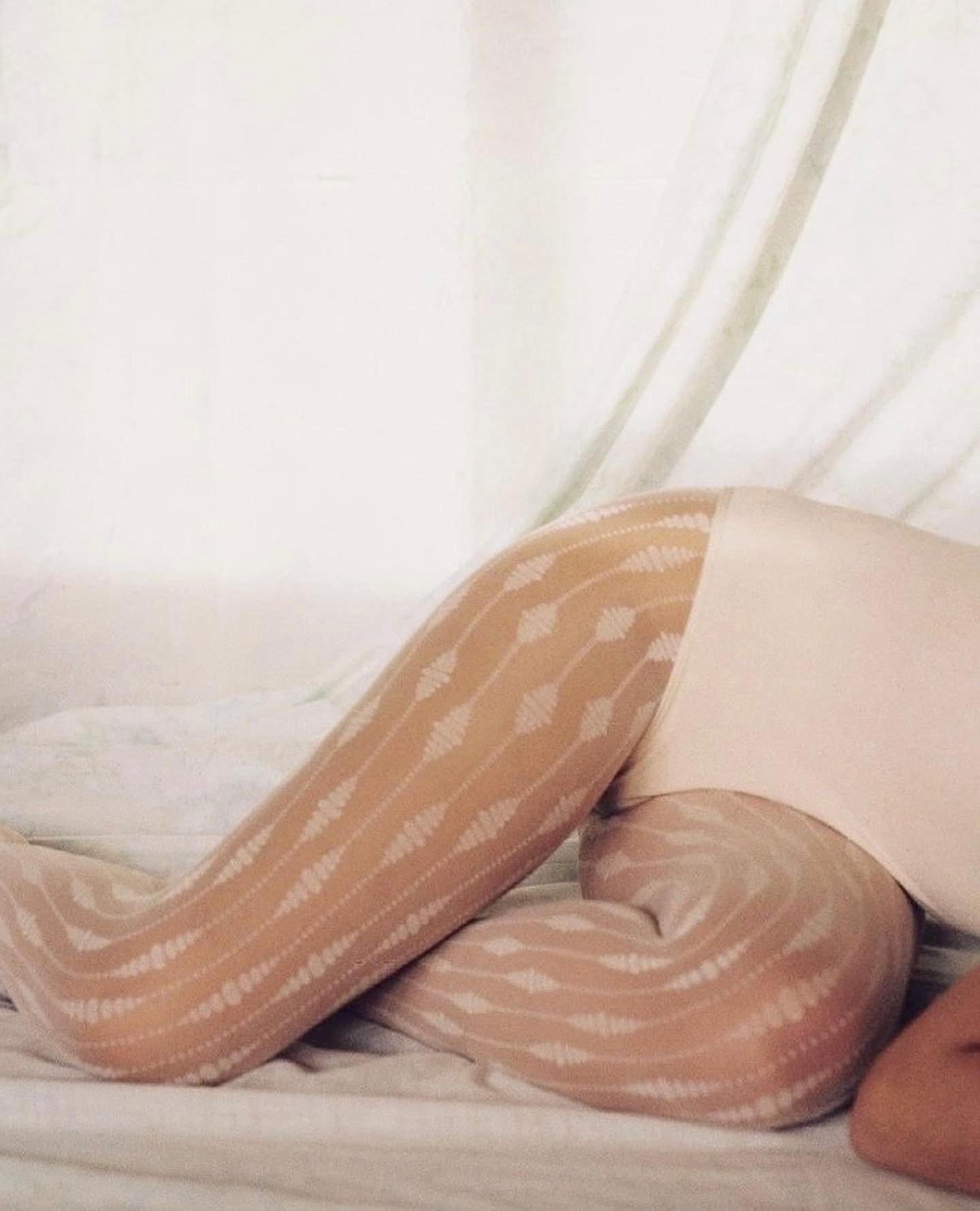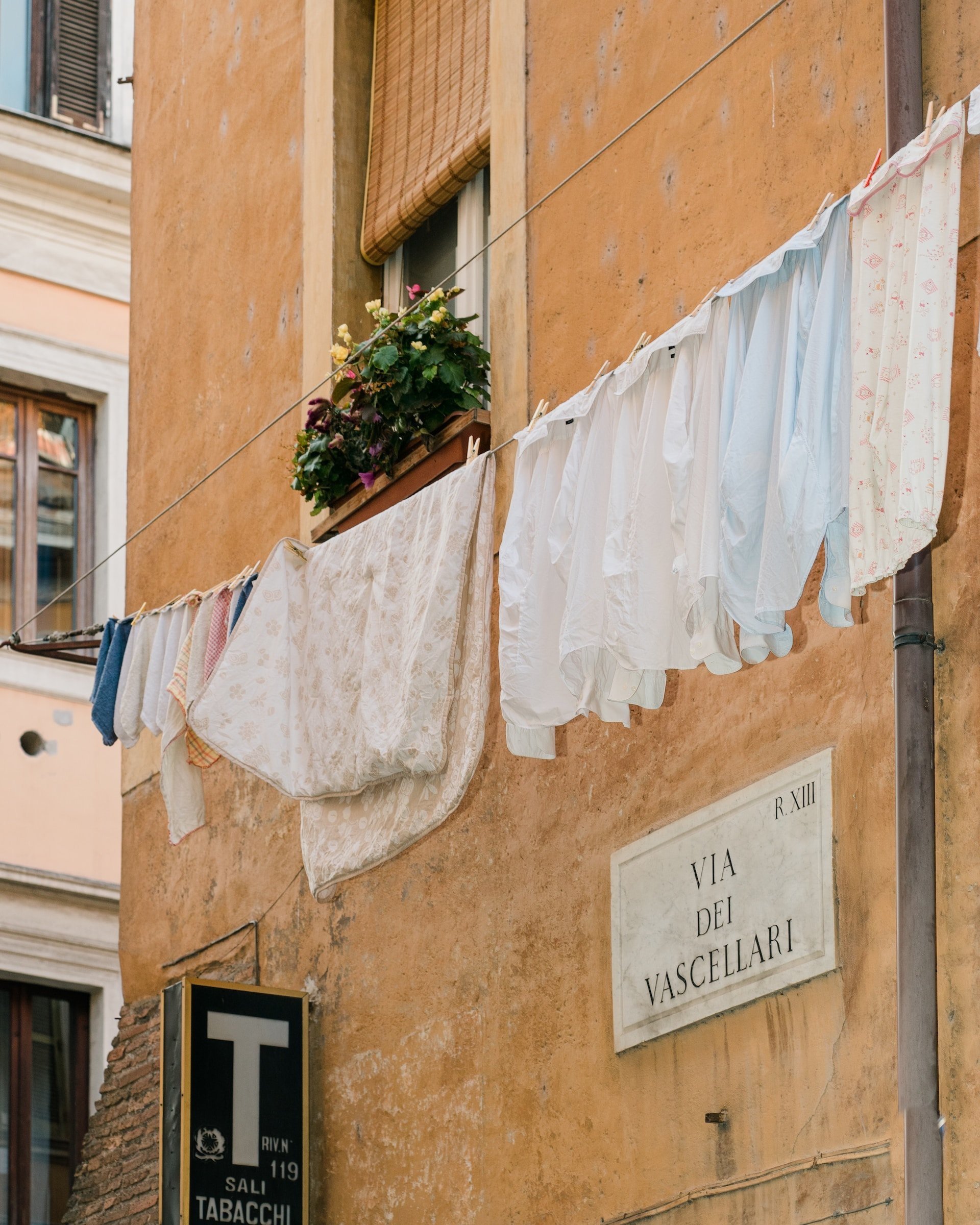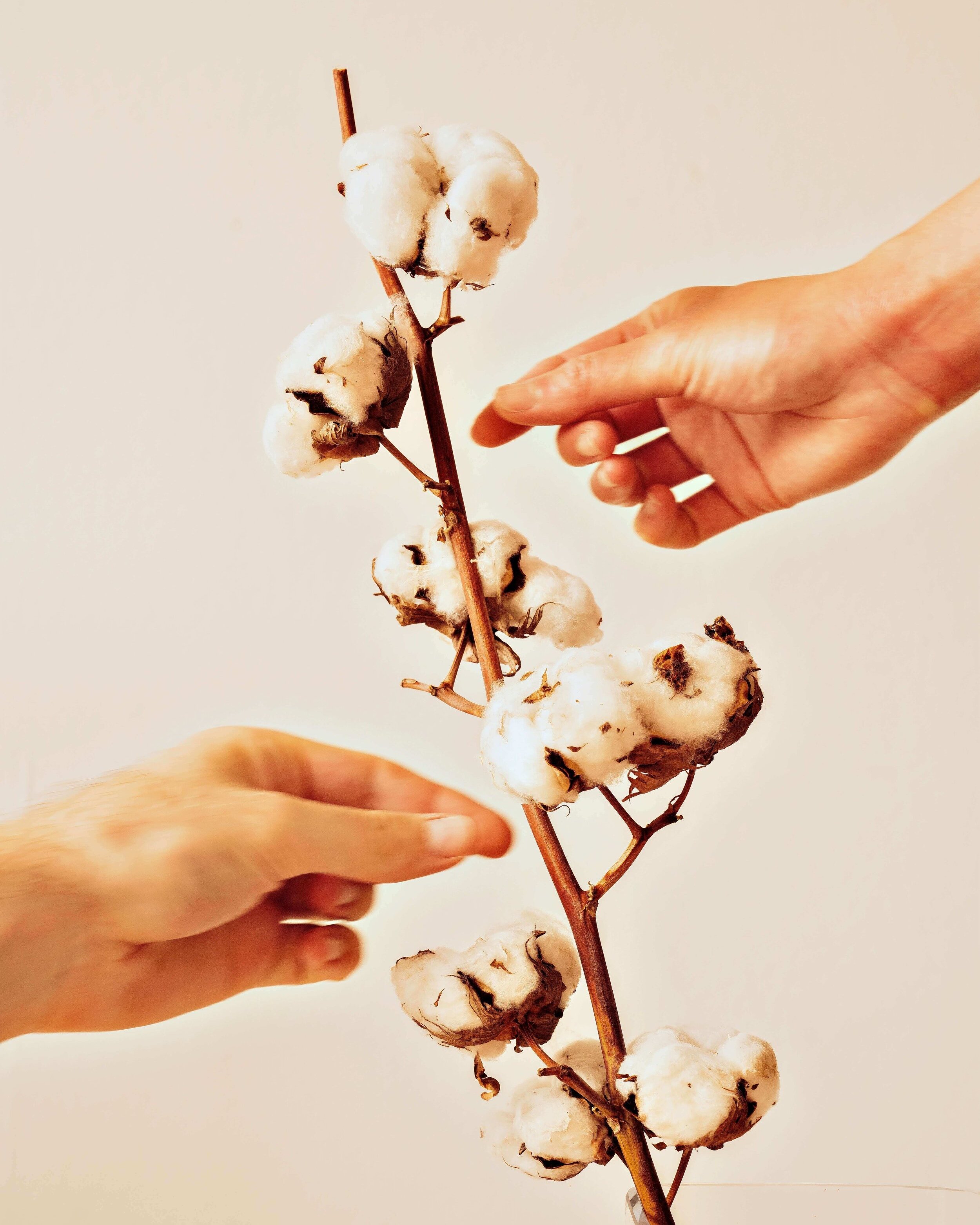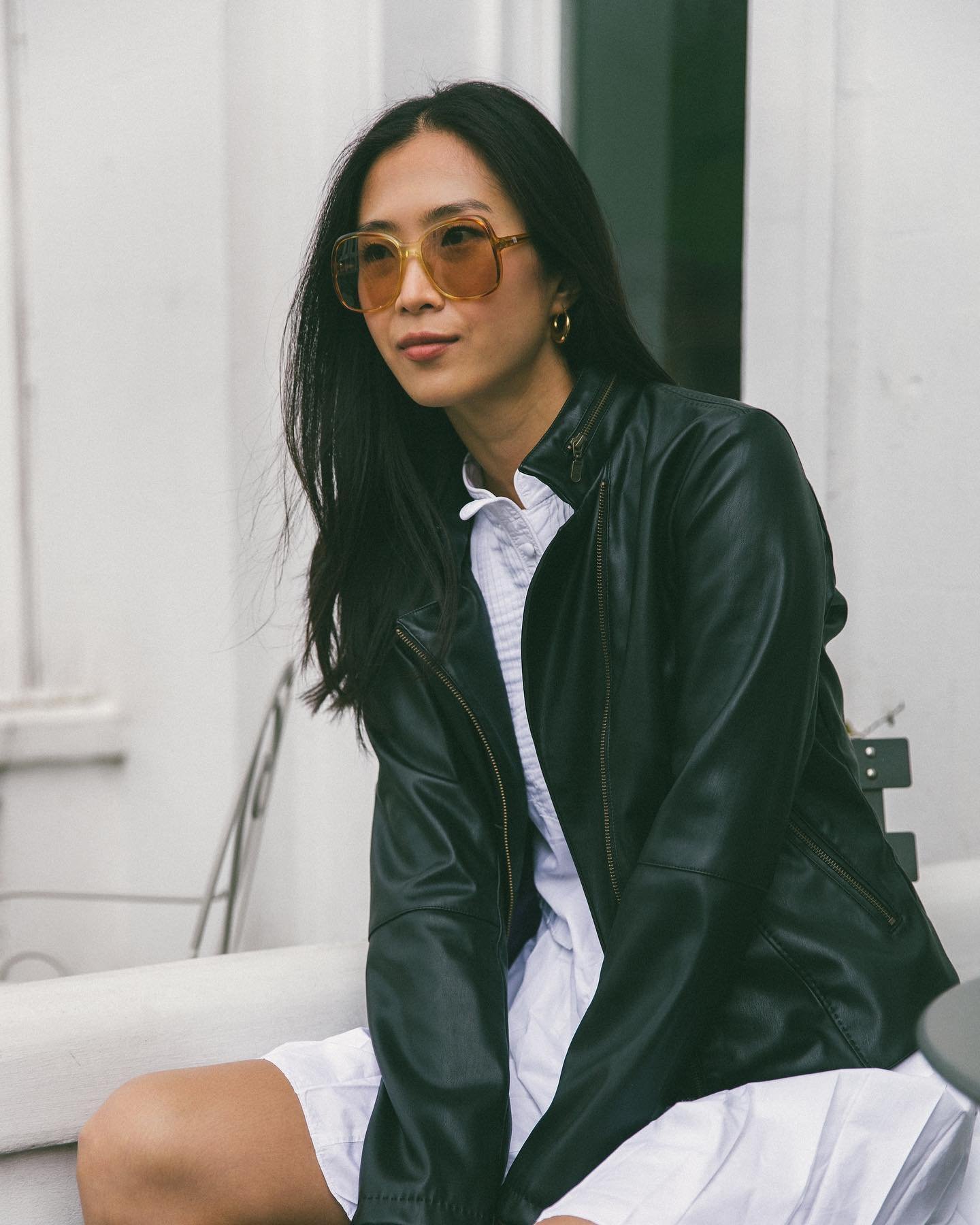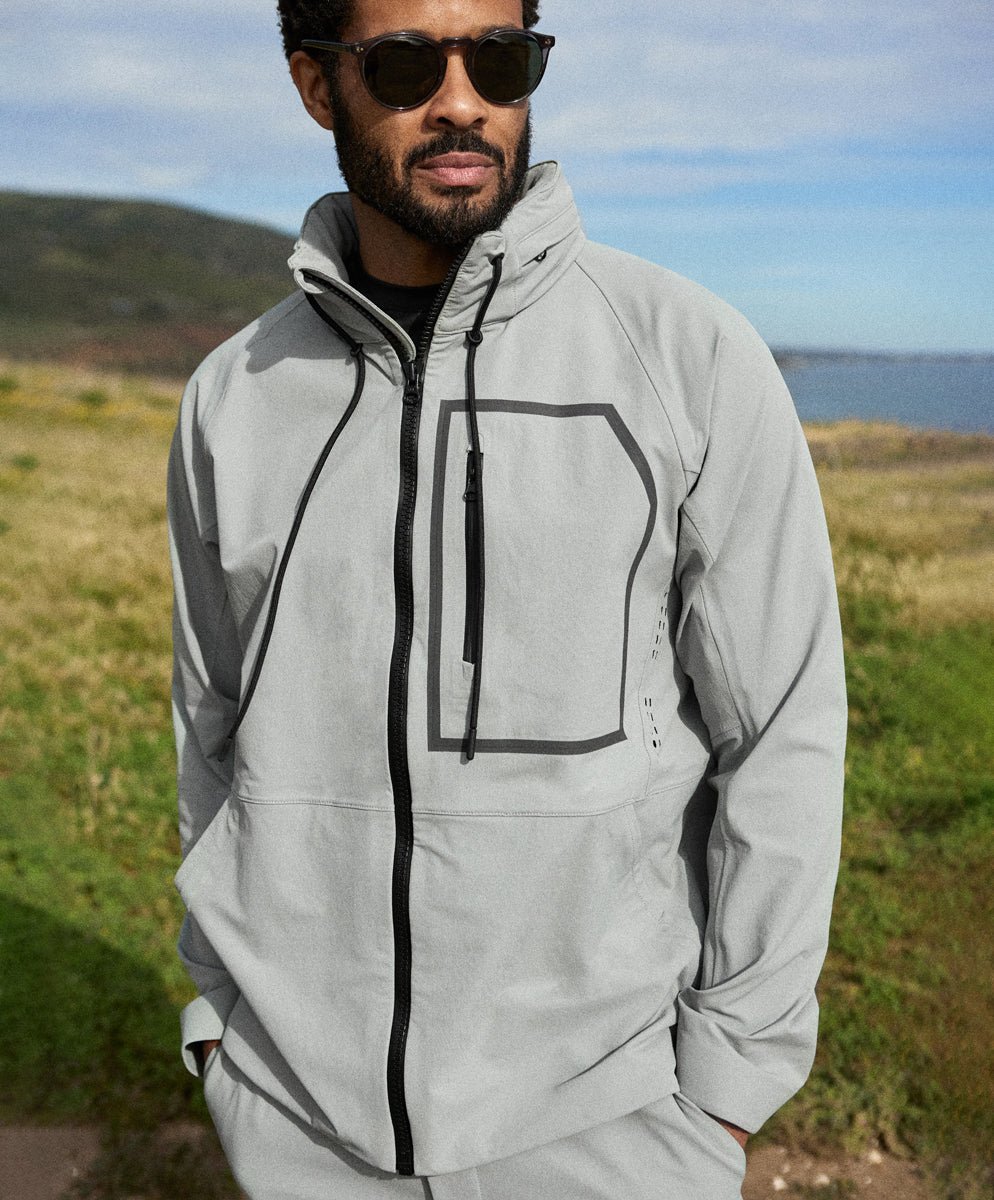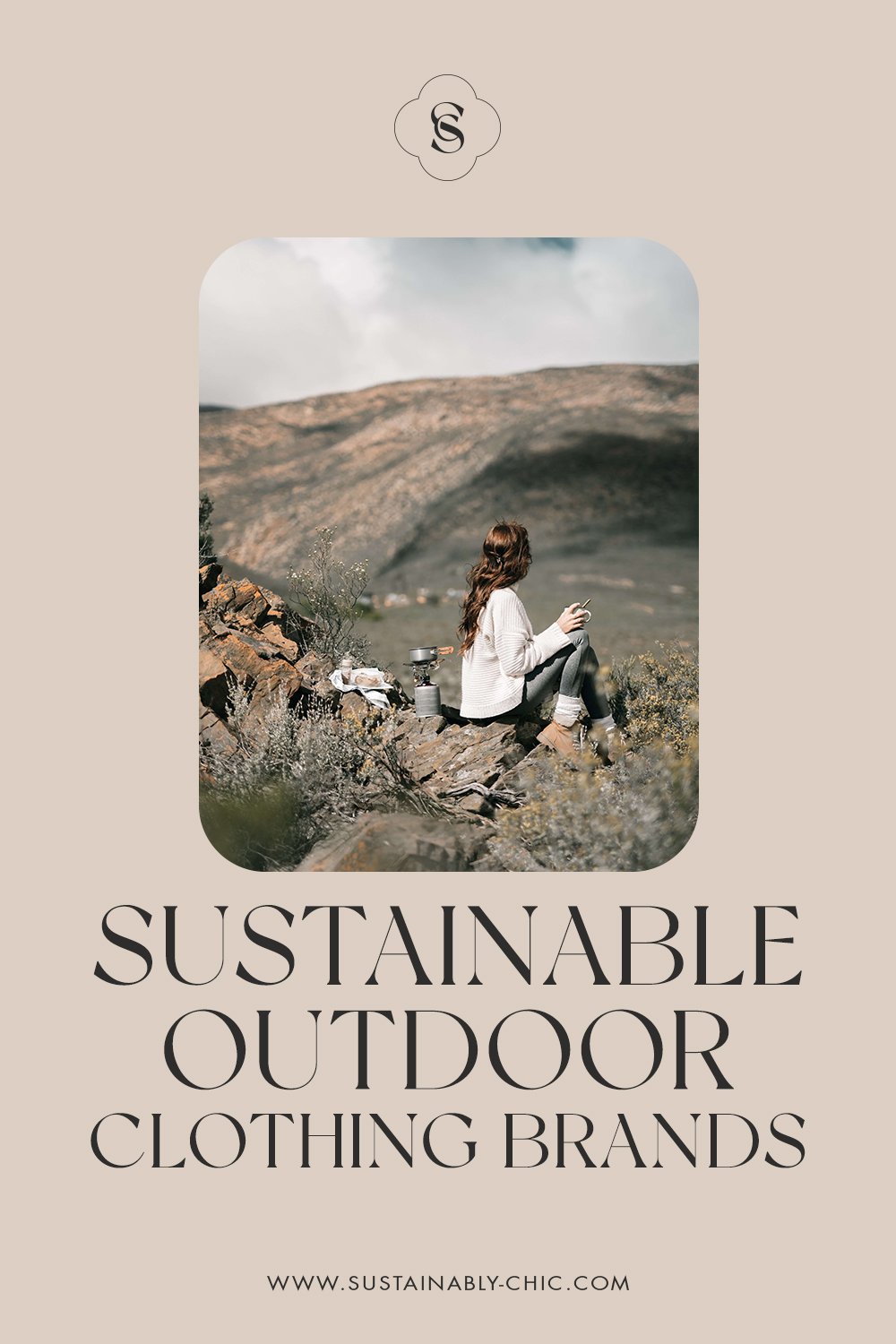Disclosure: Some of the links below are affiliated; we may earn a small commission if you click through and make a purchase. We only ever add brands & products we truly believe in!
the best sustainable workwear brands
Are you now going into your workplace in person a few times a week, or about to? If not, maybe you are like me and tired of wearing leggings and sweatshirts everyday? In the last 3 months, I know I have started dressing business casual twice a week and dressing a little nicer to go out to coffee or lunch outside with a friend or my hubby.
Either way, it’s time to discover 12 wonderful brands that will get you excited about dressing up a bit for the office or your office at home.
Why Should You Start a Capsule Work Wardrobe?
Some of the brands in this post include collections and/or tips specifically to build a capsule wardrobe. Why a capsule wardrobe? Capsule wardrobes are a small collection of garments that can be easily mixed and matched to create the majority of your wardrobe. Think 8 pieces making 24 outfits. Creating a capsule work wardrobe is a really great idea for many reasons, including:
You don’t have to buy as many clothes, helping you save money
You can easily put together outfits when getting ready in the morning as most things match
The typical classic styles and neutral colors will last you for years
They discourage the fast fashion movement and waste
It is easy to accessorize your wardrobe to add your own personal flair
Many of the brands in this post have capsule wardrobe recommendations or collections. But, if they don’t, they offer amazing pieces for building your own. Need help figuring out how to create your own capsule wardrobe for work? This article provides great tips for getting started.
Our Top 12 Picks for Women’s Work Wardrobe Brands:
1) Amour Vert
Common Sustainable Materials: Tencel, closed-loop and FSC-certified beechwood fibers, organic cotton, linen, Lycocell, and Cupro
Size Range: XS-XL
Amour Vert is the brand that started my sustainable work wardrobe journey. I asked for a gift card for Christmas and bought 5 wonderful items. Amour Vert still remains one of my favorite brands 5 years later. They have one of the largest selections of work friendly clothes organized into several collections. They also recently introduced a curated closet with a work edit – so helpful for building your own capsule wardrobe.
They have a factory in Los Angeles close to their headquarters, so they can monitor working conditions and production processes, and they pay good wages to their employees. Their other sustainable practices include planting trees, plus recycled and recyclable packing.
2) Reformation
Common Sustainable Materials: Deadstock, TENCEL, Organic Cotton, Linen
Size Range: XS-3X
Reformation is a Los Angeles-based sustainable brand selling beautiful clothes for women, many of which are available in a large selection of colors and patterns.
It offers various styles of dresses, sweaters, tops, jeans, and shoes, and it even has a great collection of blazers perfect for workwear.
This Climate-Neutral certified company is also very transparent about the factories it works with and how the products are made. Some of its clothes are produced locally in Los Angeles.
3) Universal Standard
Common Sustainable Materials: Vicose, Cupro, recycled polyester, and some not so sustainable materials like traditional cotton, polyester and rayon
Size Range: 00 to 40
Universal Standard is the most size inclusive brand of all the ones I found. There are no specific wardrobe capsules or collections on their site, however they carry many work friendly items and lots of classics. They pride themselves on super high quality and long-lasting clothing.
They recycle jeans via their Denim Drive program to reduce waste. They also will recycle your clothing for up to $100 in credit and donate to programs like Dress for Success and First Step. I love that Universal Standard has a written plan with measurable goals around diversity, equity and inclusion, including supporting BIPOC makers.
4) Eileen Fisher
Common Sustainable Materials: Organic cotton, organic linen, recycled materials, wool, and Bluesign certified dyeing
Size Range: XXS – 3X
Eileen Fisher, founded in 1984, is the mother of sustainable fashion. They also have been offering high quality work friendly options since their inception. Even though they don’t have capsule wardrobes on their site, they offer lots of neutral colors and classic styles that are easy to mix and match.
Have fun building your own capsule work wardrobe from their large selection. They offer transparent information on their factories, some of which are fair trade. They have a Waste No More program that takes their clothes back to repurpose – over 1.4 million so far.
5) LOVETRUST
Sustainable Materials: GOTS Certified Organic Cotton
Size Range: S-XXL
LOVETRUST’s pieces are not only perfect for work, but they’re also super comfortable! They can be easily dressed up or down, depending on whether you’re headed into the office for a meeting or just hopping on a Zoom call.
If you’re into creating a capsule wardrobe, you should definitely check out LOVETRUST. Not only are their pieces great for work, but also for lounging on the weekends or heading out for a sunny vacation.
Designed in Brooklyn, New York, and ethically made in Peru, everything from LOVETRUST is designed for both fit and function… Plus, their prices are affordable, too. They carry tees, tanks, tunics, and dresses, along with a couple of pairs of pants that look dressy but feel more like sweatpants when you’re wearing them!
6) Encircled
Common Sustainable Materials: Modal, Tencel, bamboo, organic cotton and linen
Size Range: XS - XXL
Encircled started in 2012 with the Chyrallis Cardi that could be styled 8 ways. The idea of multi-purpose garments is naturally sustainable because it encourages purchasing less and using more of your wardrobe. Fashion waste is one area that makes the industry harmful to the environment. Encircled has expanded that concept with many more pieces that can be worn multiple ways.
They also offer kits with combination suggestions, plus a work from home style section. Encircled is a certified B Corp, one of the highest certifications for protecting the planet and people. Everything is made in factories in Canada close to their headquarters so they can easily visit and monitor working conditions.
7) People Tree
Common Sustainable Materials: Organic cotton, wool, Tencel, linen, recycled nylon, and non-toxic dyes
Size Range: 2-14 or S-L
Like Eileen Fisher, People Tree is a pioneer in Fair Trade clothing and sustainable work wardrobes.
They have a large workwear collection to get you started in building your perfect work wardrobe.
Like many of these other brands they offer classic styles and neutral colors that can easily be accessorized in your unique style while lasting you many years.
People Tree also offers some unique styles made with traditional artisan skills like hand weaving, knitting, embroidery, and block printing. Some additional sustainability points for People Tree include being the first fashion brand to receive Fair Trade certification, and Soil Association Certification. They also harvest rainwater and recycle water used in the production process.
8) Tonle
Common Sustainable Materials: Recycled or reclaimed materials from other manufacturers and non-toxic dyes from plants
Size Range: XS - 3XL
Tonle offers a curated capsule wardrobe and several themed collections. Their classic styles come in a wide variety of colors, so it is easy to create your own style.
Tonle takes their zero-waste commitment further by offering their own resale platform to support circular fashion. Plus, they strive to use as much material as possible when making their garments, to reduce waste.
Tonle is transparent about their labor and production practices, including their partnership with a hand weaving co-op in Cambodia. One unique thing I love about Tonle is that they started an activist community to promote deep change in the fashion industry.
9) Sezane
Common Sustainable Materials: Organic cotton, recycled polyester, silk, Vicose, Alpaca, and mohair. They also include polyester and elastane in some clothes.
Size Range: XXS to XXXL
Sezane began by the founder making adjustments to French vintage clothing and selling them online. Their popularity grew quickly. Their Essentials collection is a great place to explore choices for your work wardrobe. Three-fourths of their materials are eco-friendly and more than 13,000 of their pieces are recycled.
One hundred percent of their locations are powered by renewable energy as well. They support various partner charities and projects in favor of equal access to education, culture and opportunities for children and young adults around the world. They have also just been B-Corp Certified!
10) Aday
Common Sustainable Materials: Nearly all of their fabrics are Vegan. They have a custom fabric, Recycled Scuba which is made from water bottles. They also use less sustainable fabrics, like polyester and rayon.
Size Range: XS – XL
Aday offers 2 work capsule wardrobes, and 3 casual ones if you are also looking for more casual wear. They also have many other selections of classic colors and styles for building your own. They even offer a quiz to help you out.
Their site has choices organized by use like workout and work wear, and sizes (petite and tall) to make mixing and matching even easier. While Aday doesn’t have as many sustainable fabric choices as some of the other brands, their partners are all Oeko-tex + Bluesign approved. They also take back and recycle and repurpose your clothes for a design credit.
11) M.M.Lafleur Second Act
Common Sustainable Materials: Their Second Act store is all pre-loved clothing!
Size Range: 0-22
M.M. Lafleur has a classic, high quality, elegant return to work collection for easy shopping. They take 3 of the most classic, popular pieces and suggest how to style together. Even though they don’t have as many sustainable fabric options as some of the other brands, they are really focused on quality and styling to promote slow fashion, they hem and lengthen their clothes for the perfect fit, and use sustainable packaging.
However, we’ve linked up this post to their Second Act shop, which is where you only find secondhand M.M. Lafleur pieces. Purchasing pre-loved is always a sustainable way to shop!
Also, M.M. Lafleur has a strong diversity commitment and donate to several causes that support the advancement of women.
12) Kestan
Common Sustainable Materials: Recycled deadstock, Tencel, bamboo, organic cotton, Cupro, linen and ecofriendly dyes. They also use less eco-friendly materials like polyester and rayon.
Size Range: S - L
Kestan does not have specific work collections, and they don’t need it as nearly all of their clothes are work friendly. Like the other brands, they carry classic styles and colors that will last, along with some fun/unexpected pieces. Shopping is also fun thanks to their membership/points system where you can earn credits.
Bonus, they carry beautiful items for your home too. Kestan personally visits every factory, works with an organic cotton mill, and provides transparent information about their factories and processes.
About the Author: Mindy Redburn-Smoak has enjoyed a 20+ year career in corporate learning as a consultant, designer, and manager. She is passionate about sustainable living, family, travel, and dog rescue. She has been on a mission to live more sustainably for several years, and loves the journey of learning and trying new things in this space. She is on another journey pursuing her dream of writing about things she is passionate about and that can make a difference in the world. The best way to connect with Mindy is via email at mredsmoak@gmail.com.
MAKE SURE TO PIN THE PHOTO BELOW TO SAVE THIS POST FOR LATER!
WANT MORE SUSTAINABLE BRANDS? VISIT OUR BRAND DIRECTORY!
Our Brand Directory is home to hundreds of sustainable brands, from makeup to cleaning supplies, from underwear to shoes. We have broken everything down by category for easy shopping, along with discount codes unique to Sustainably Chic viewers.

